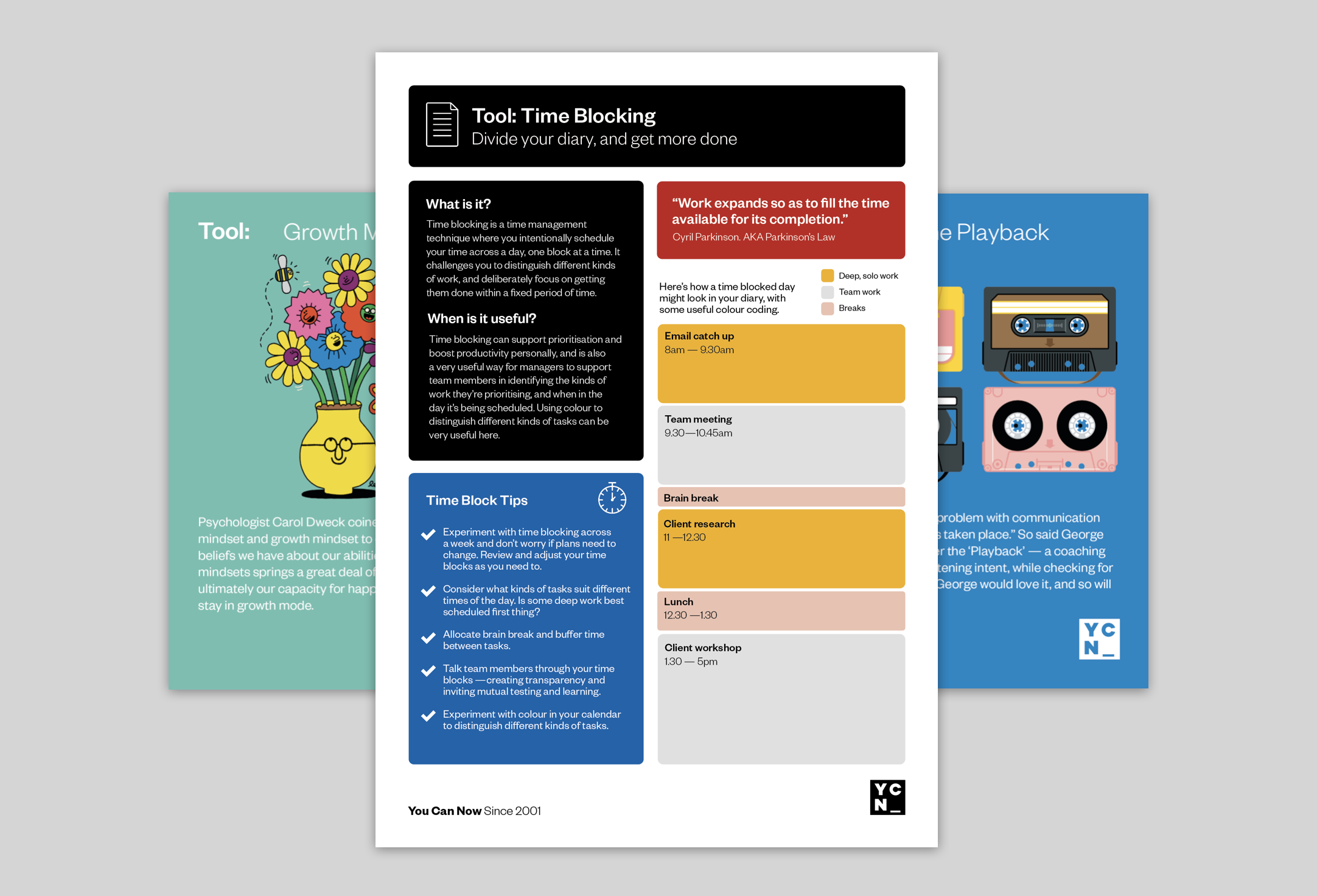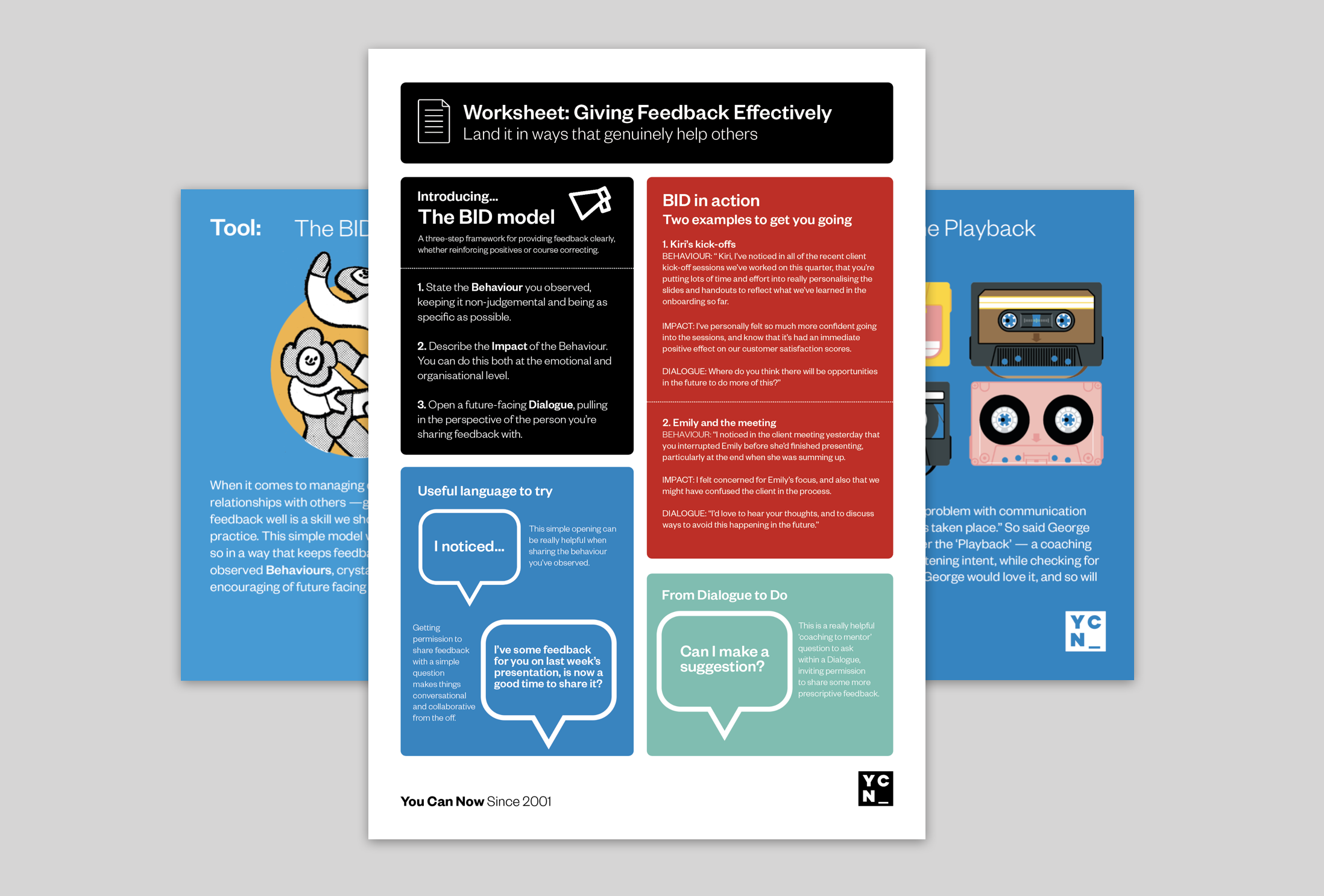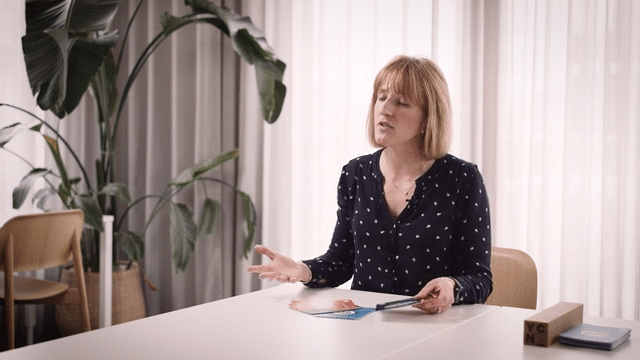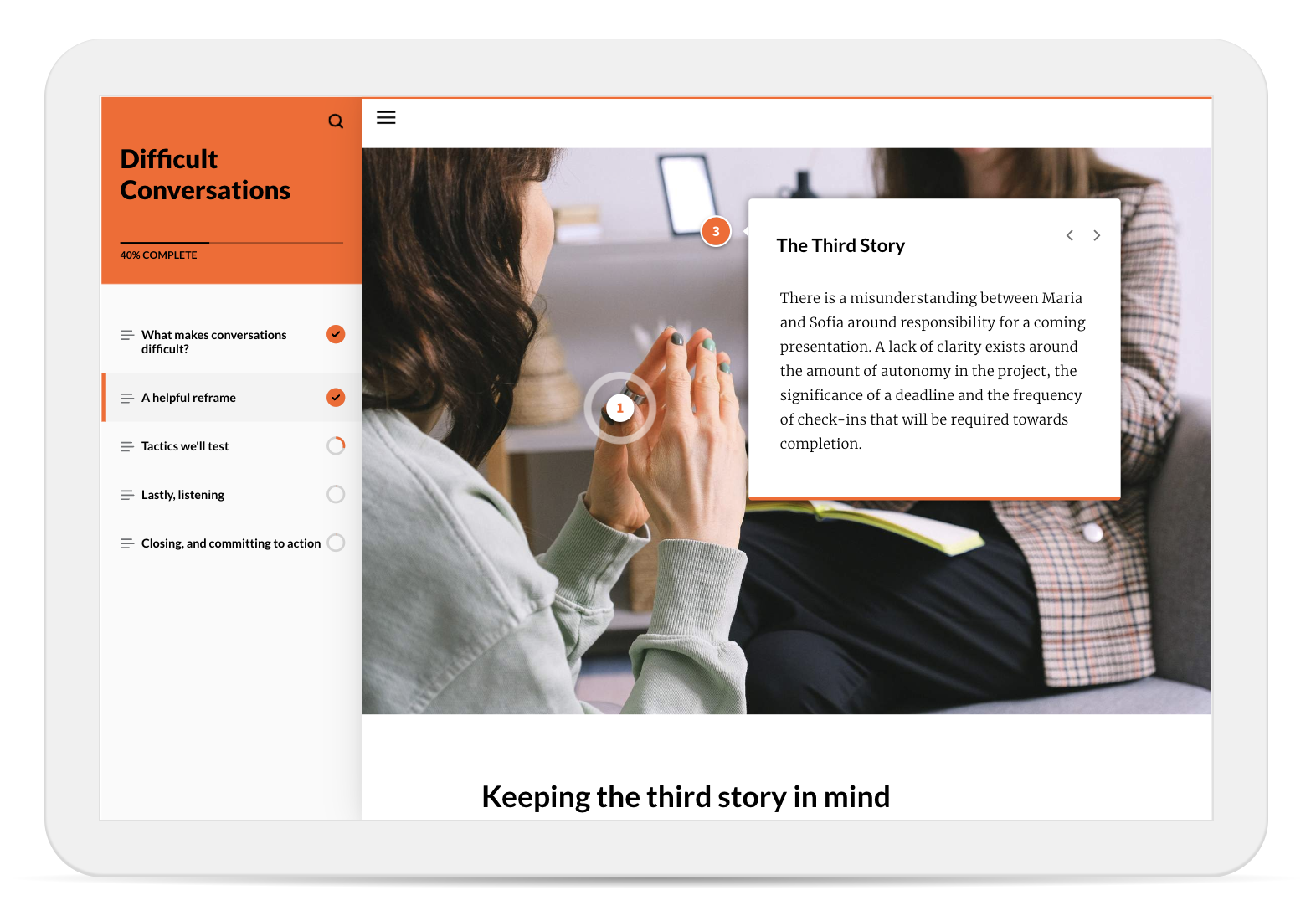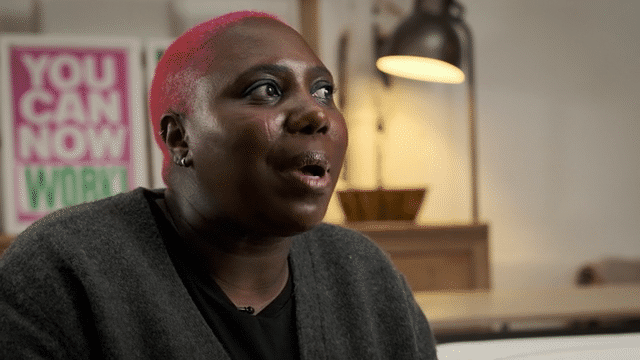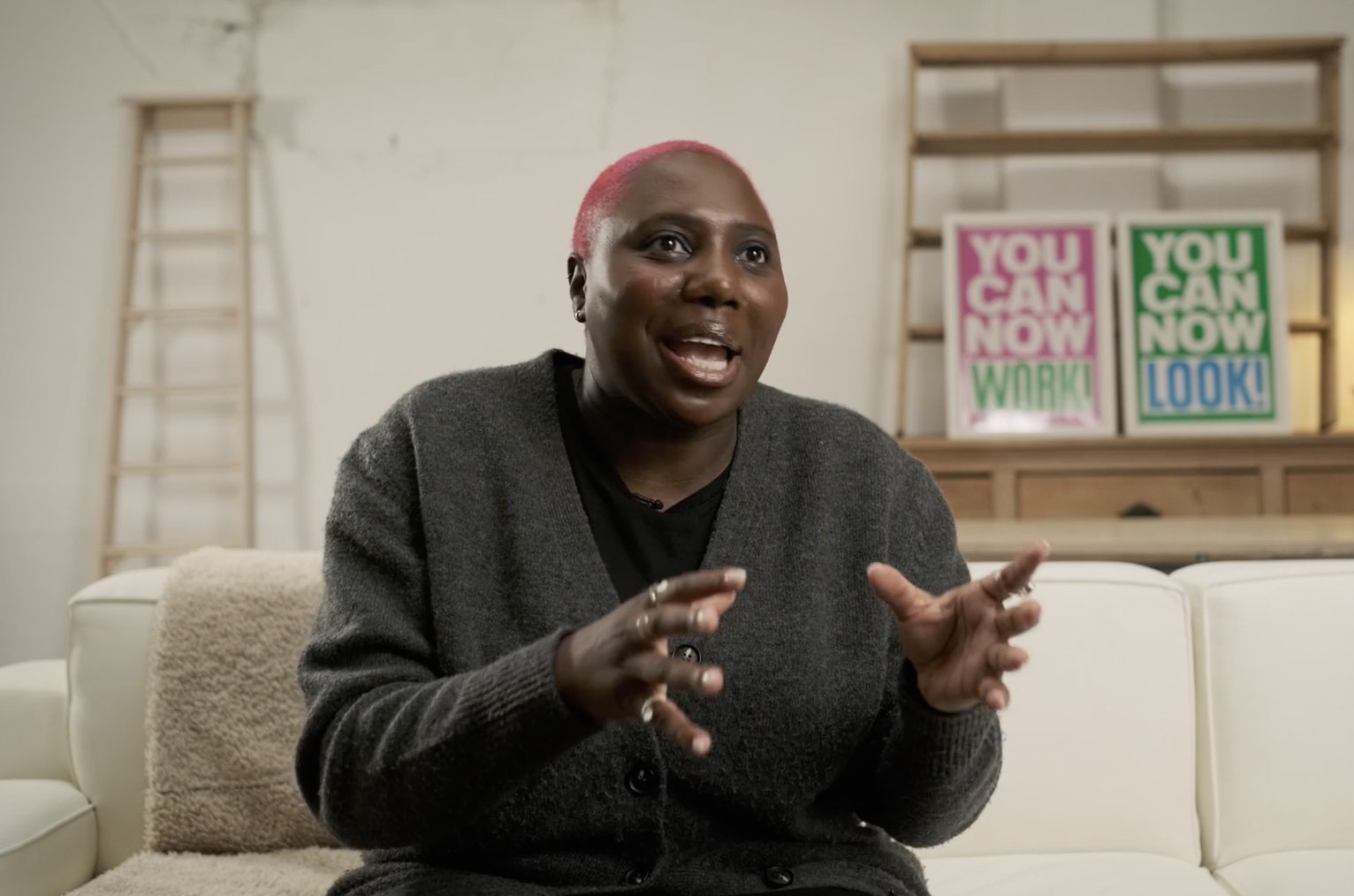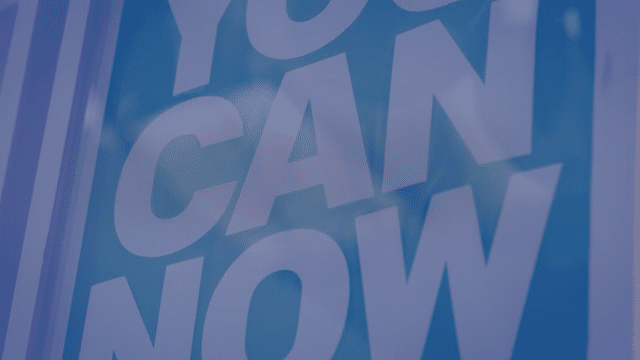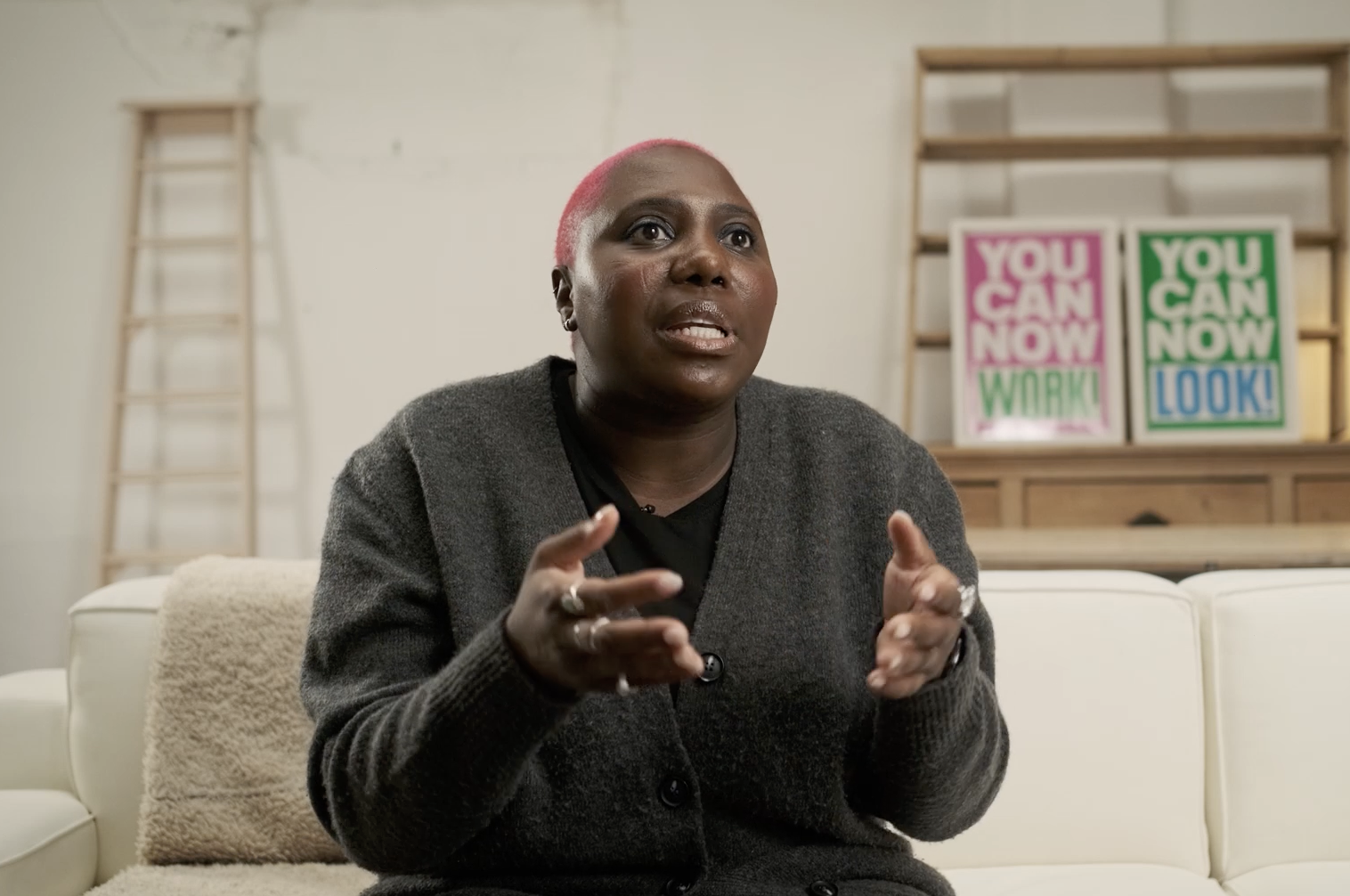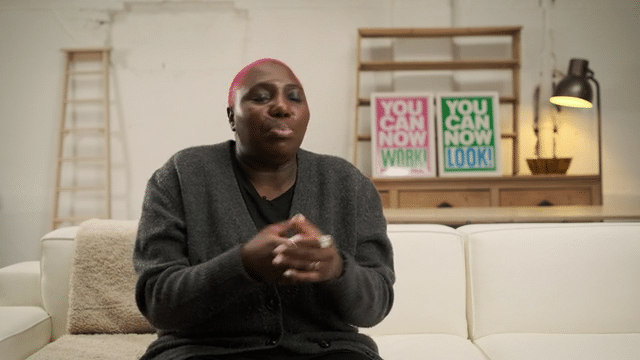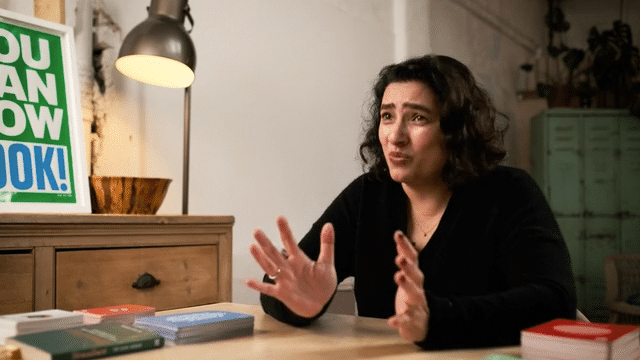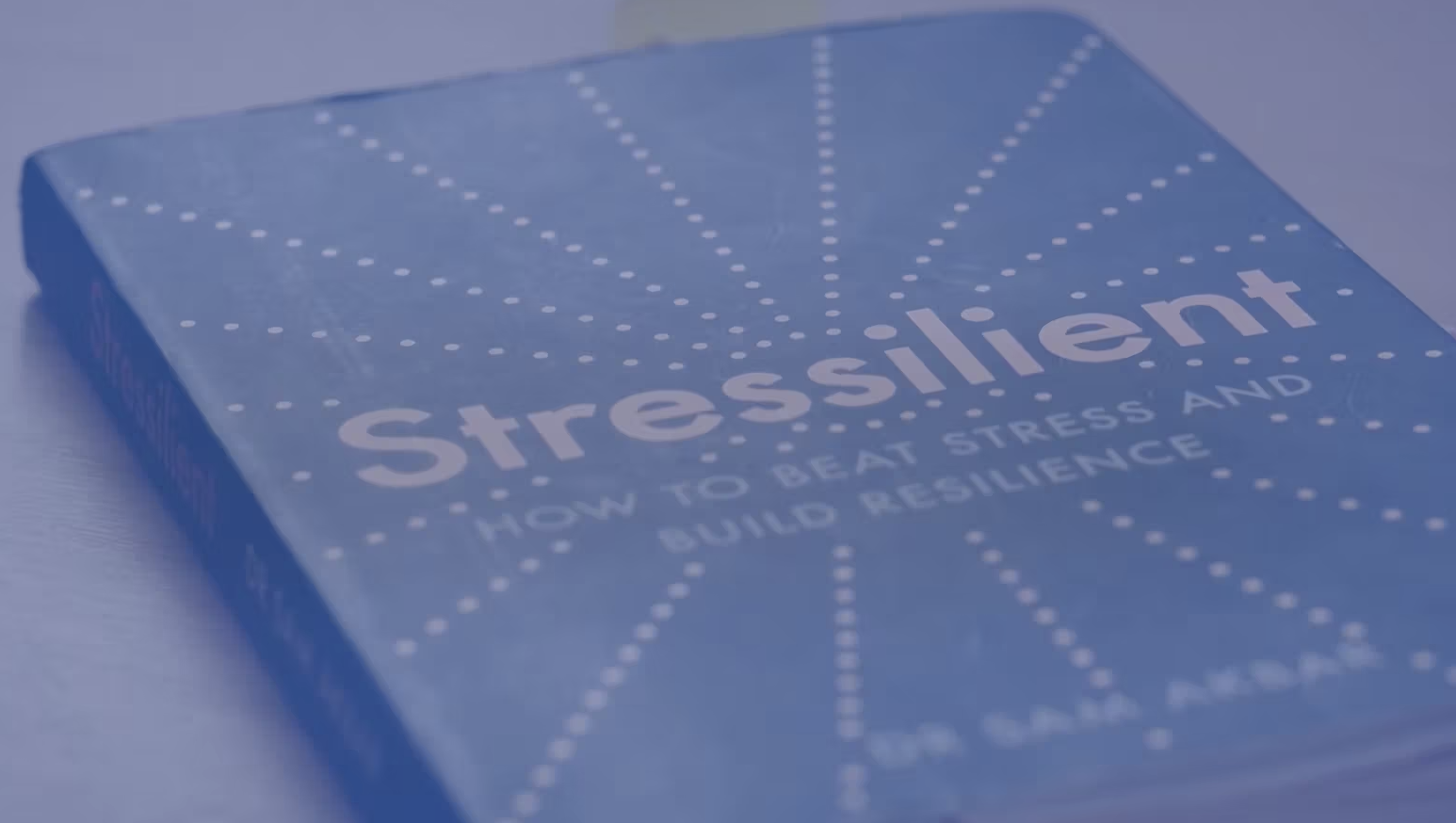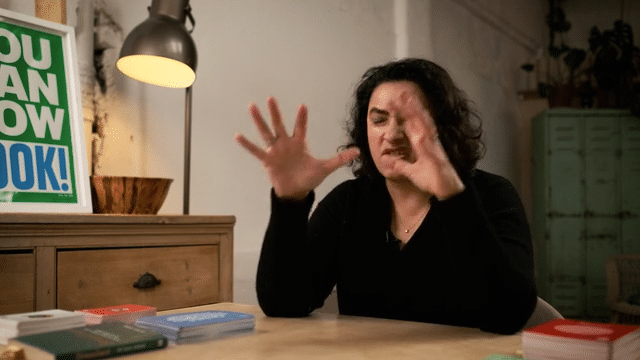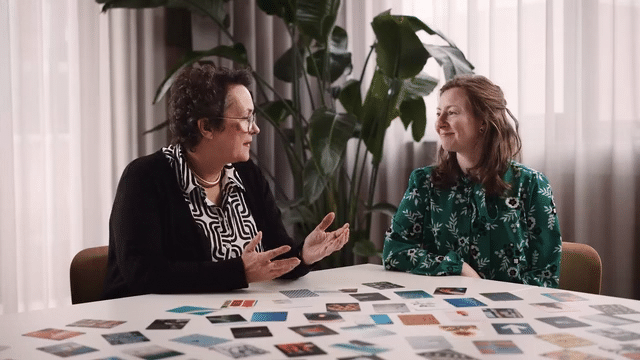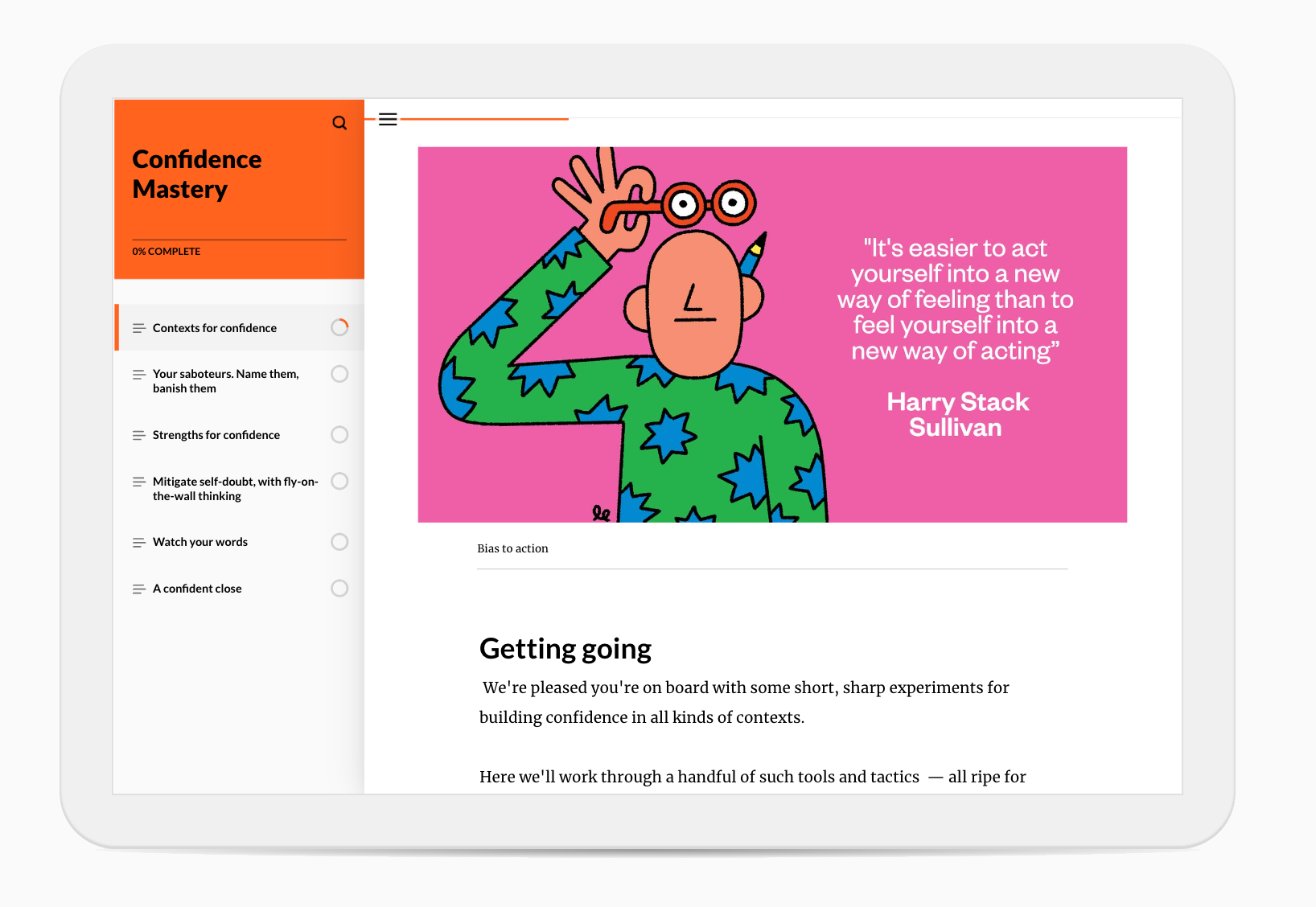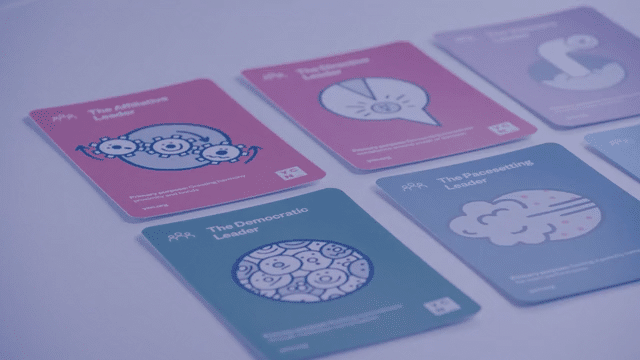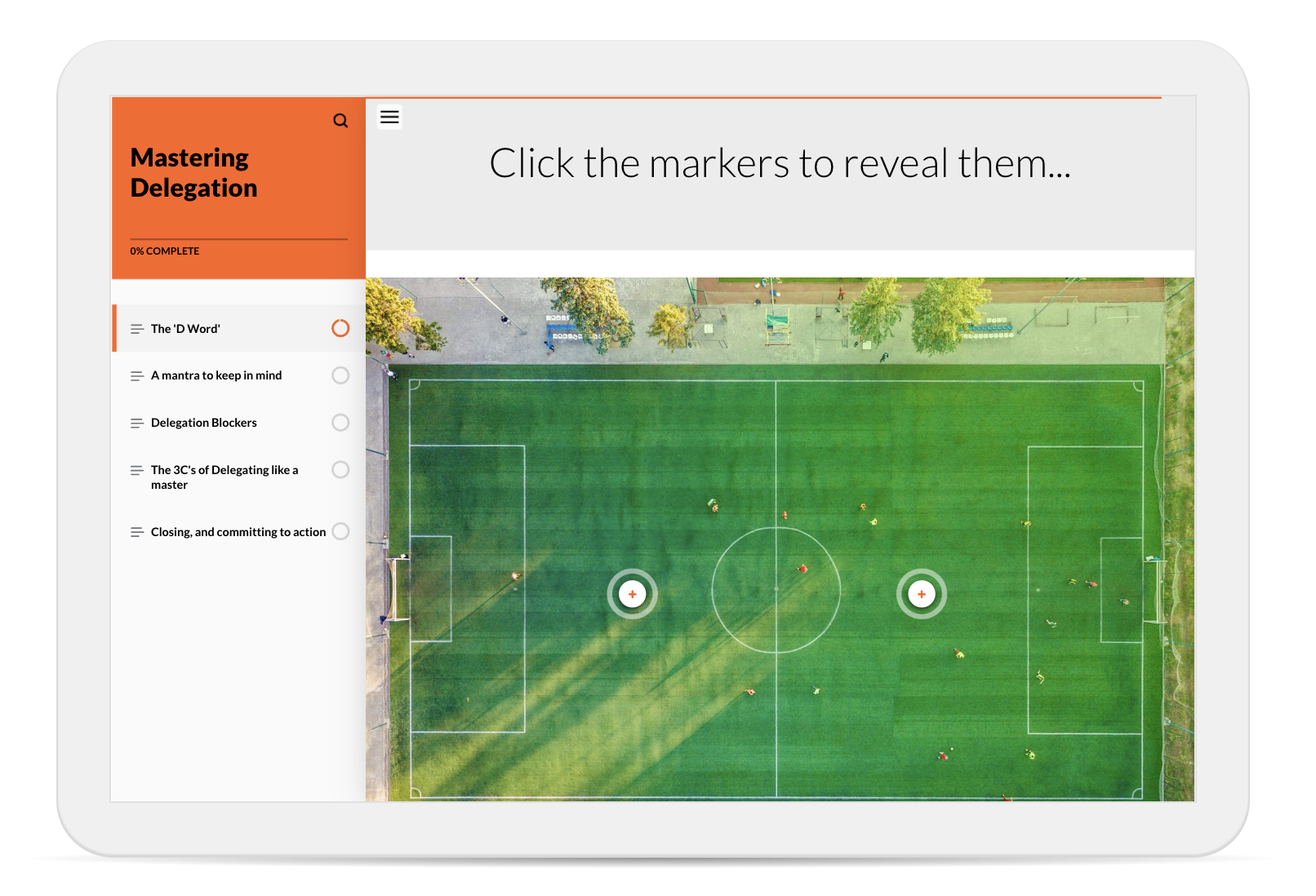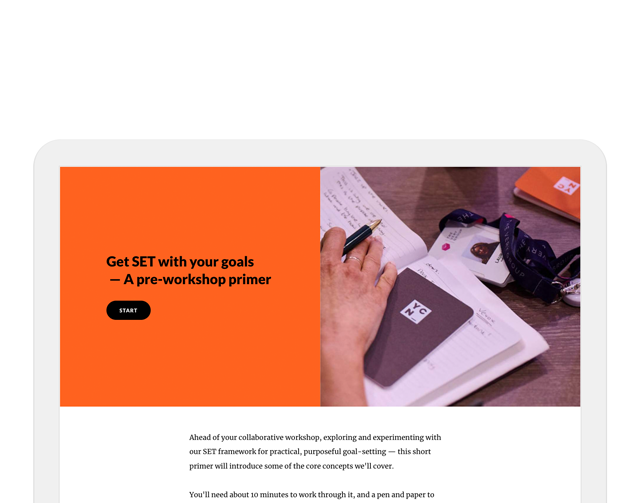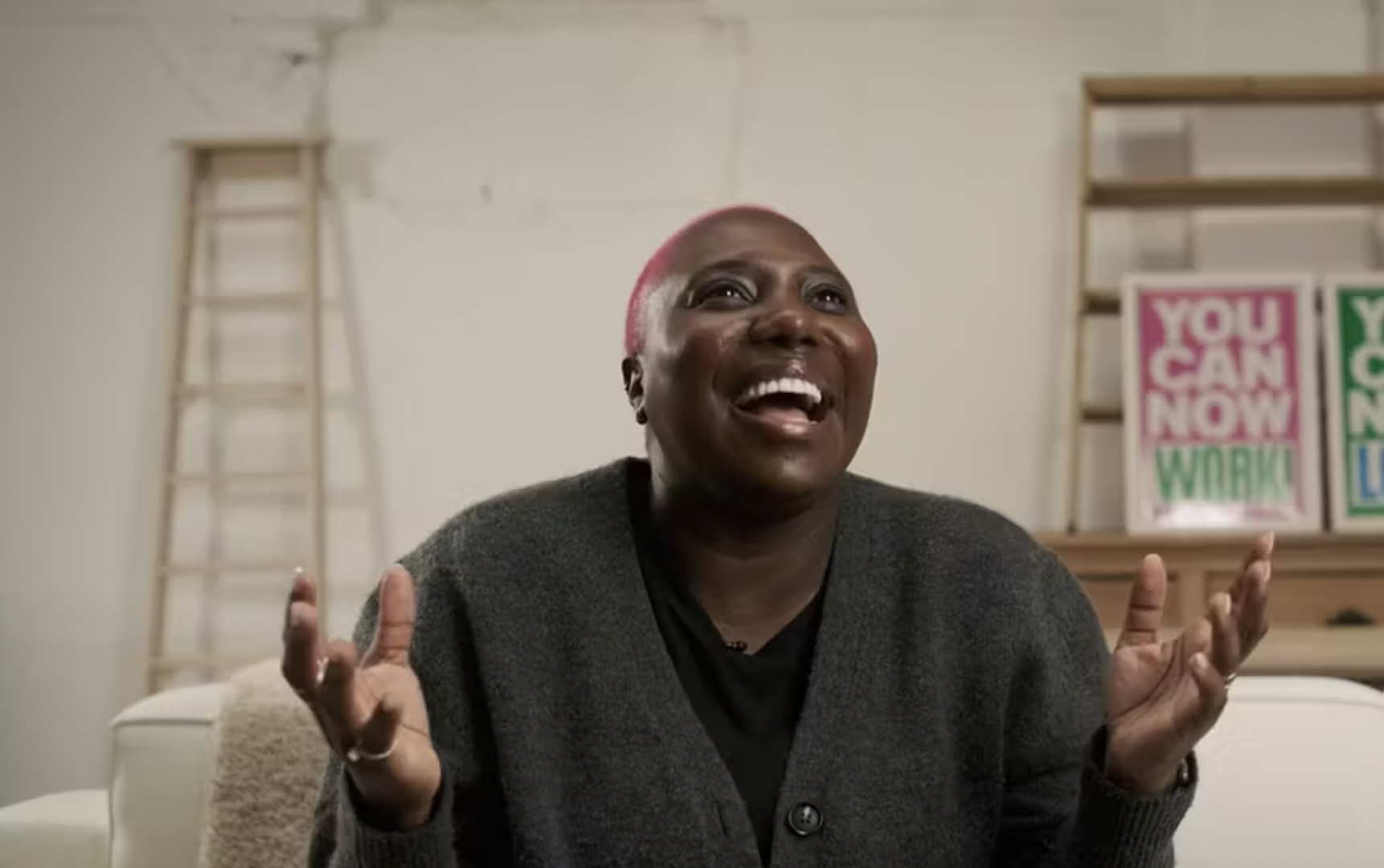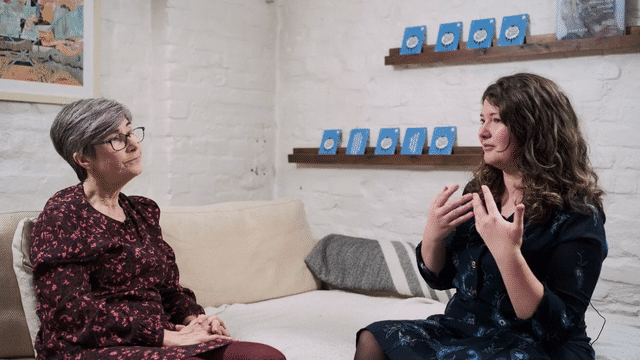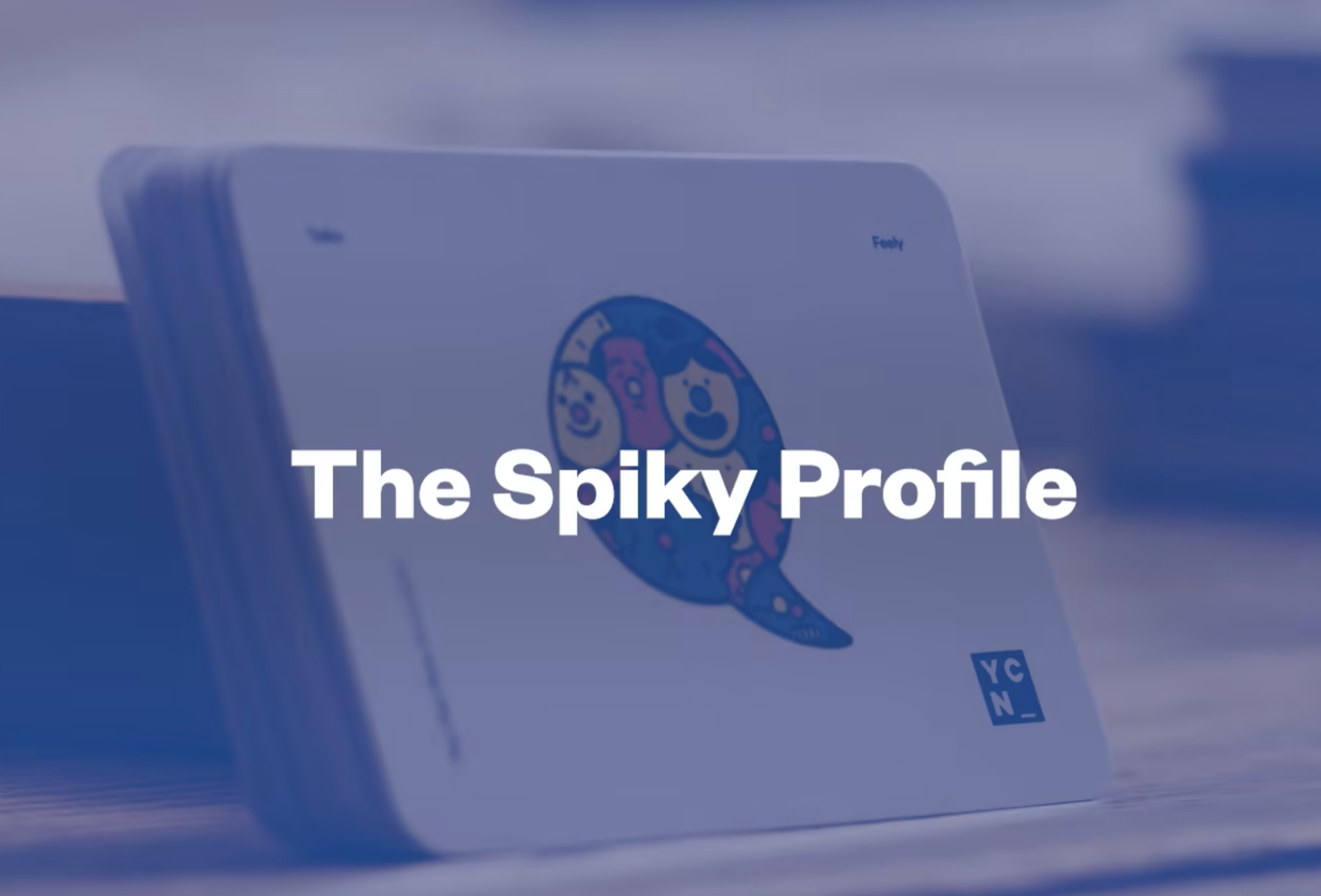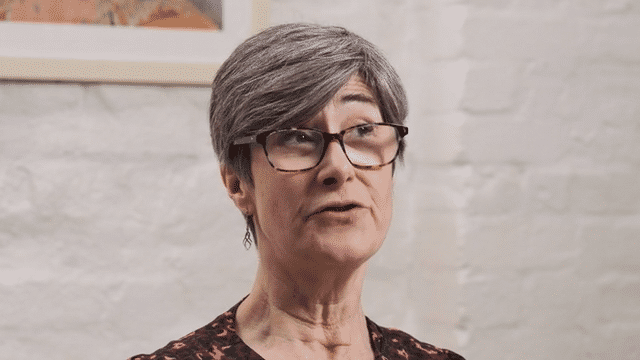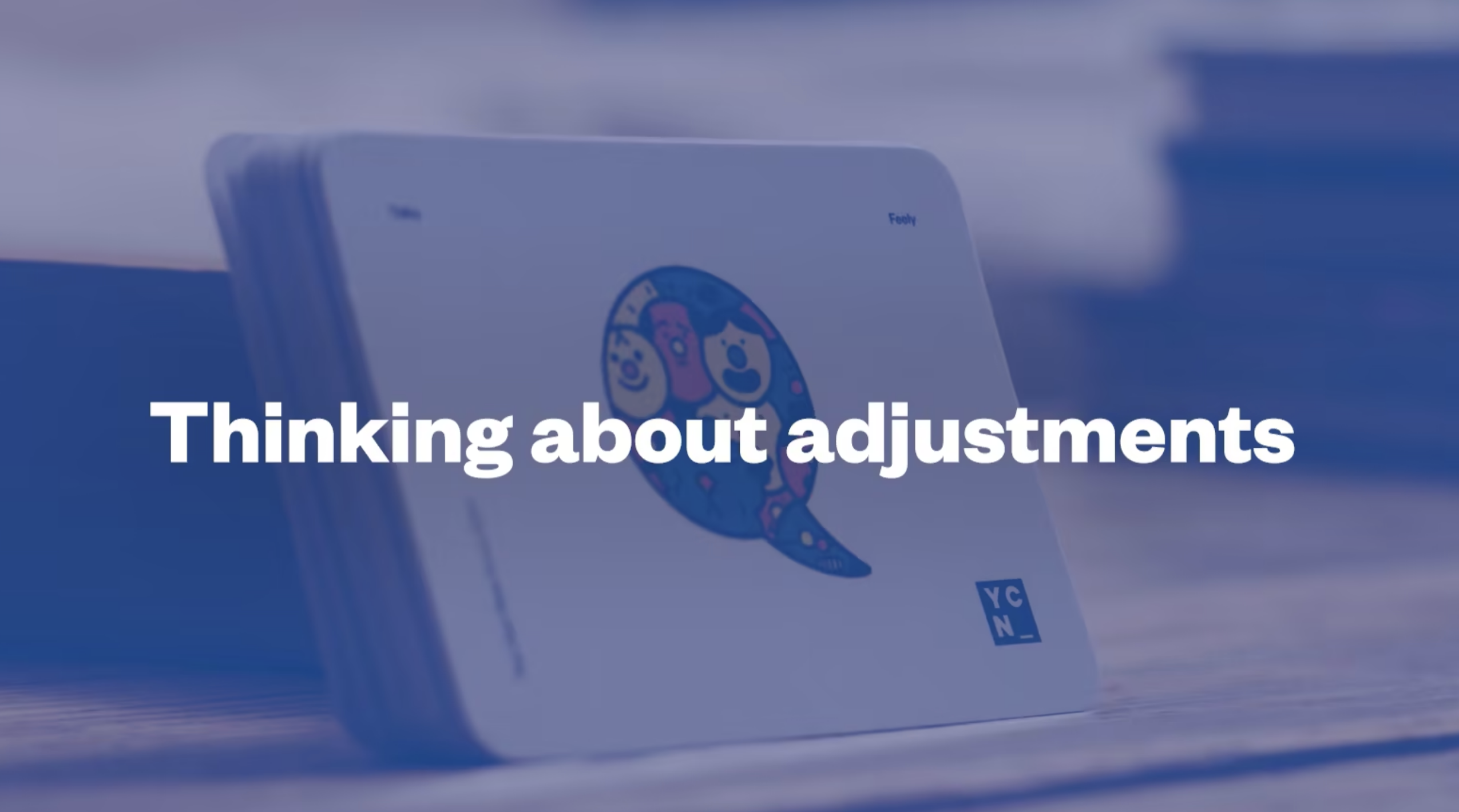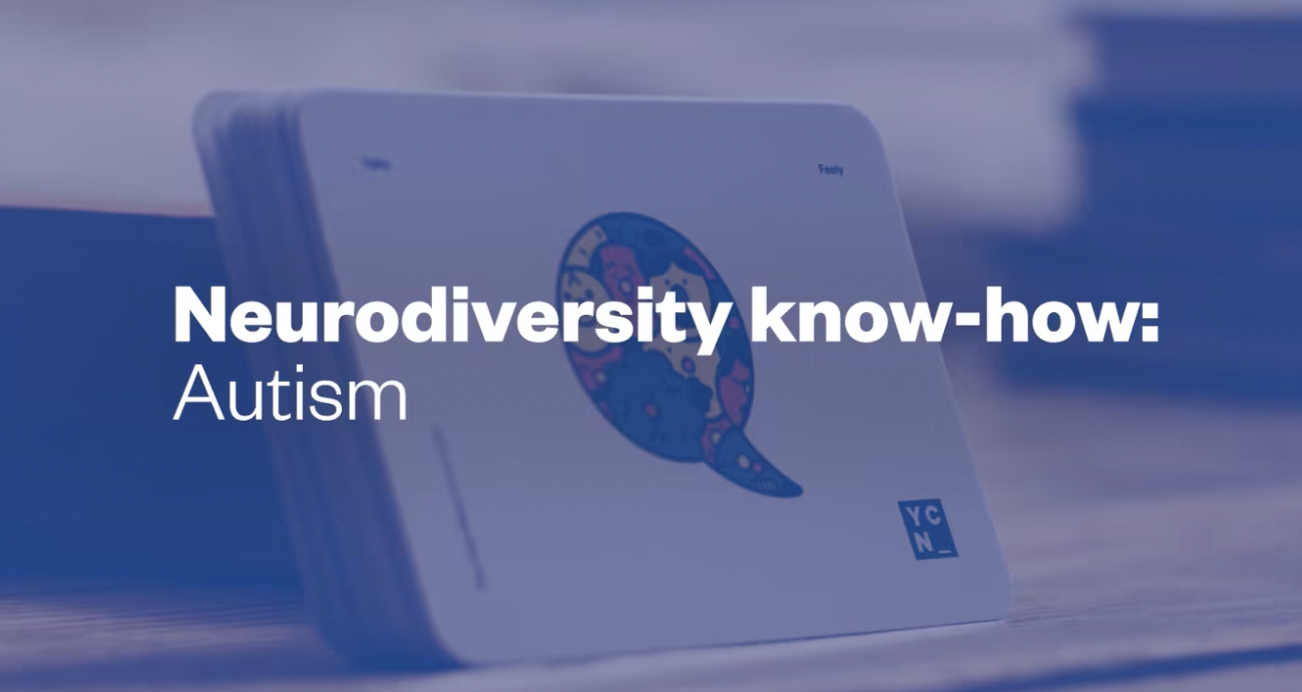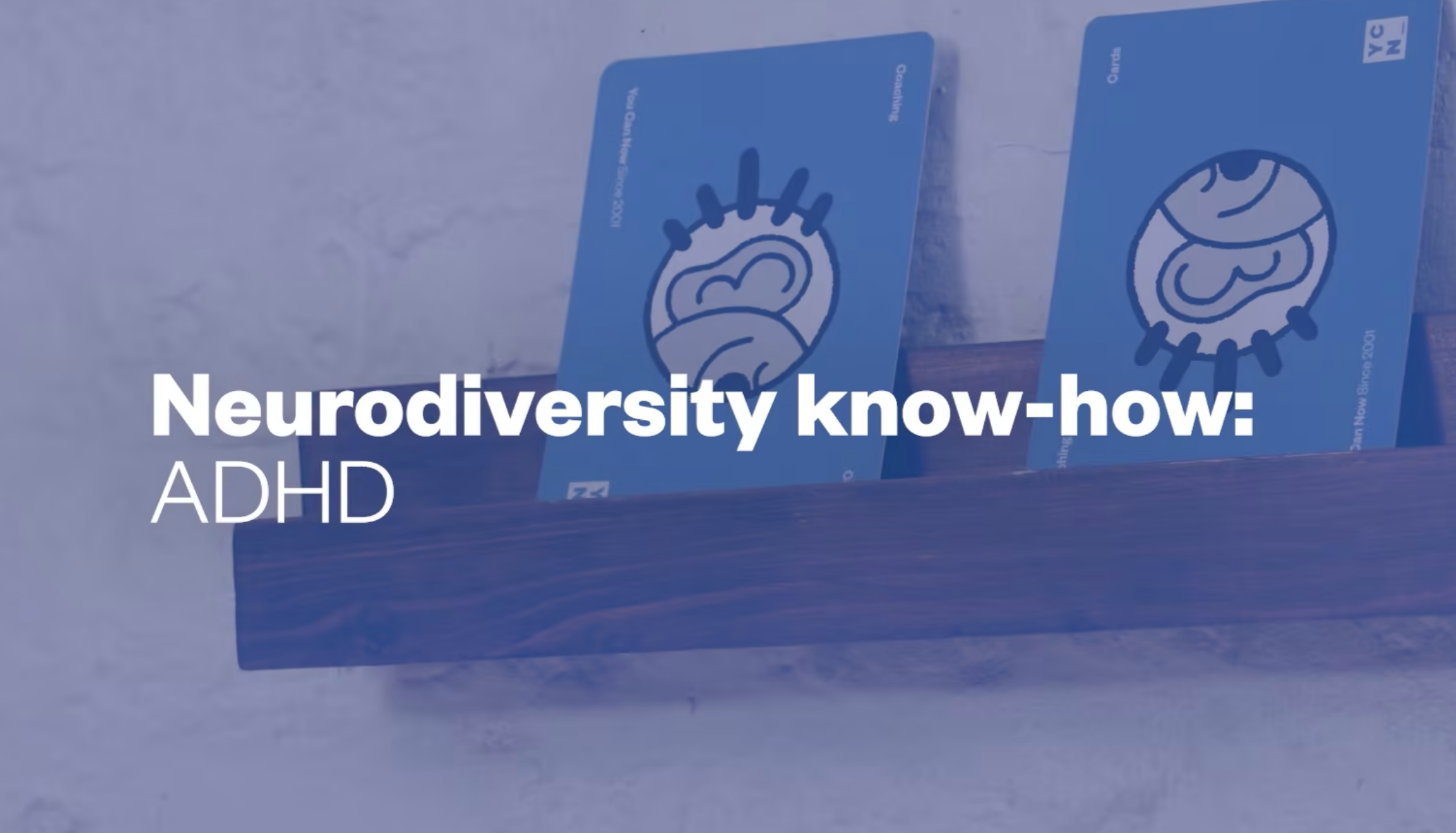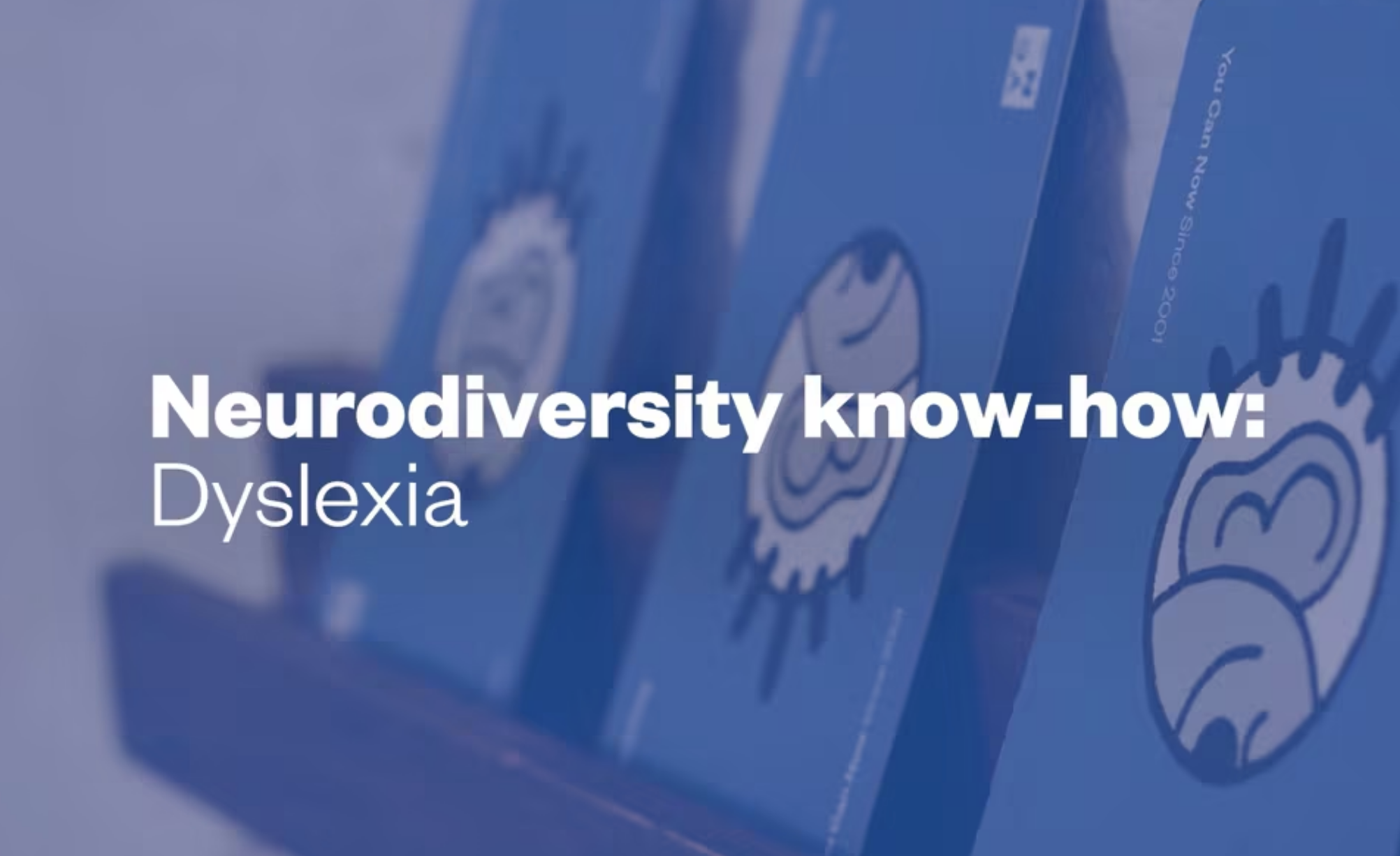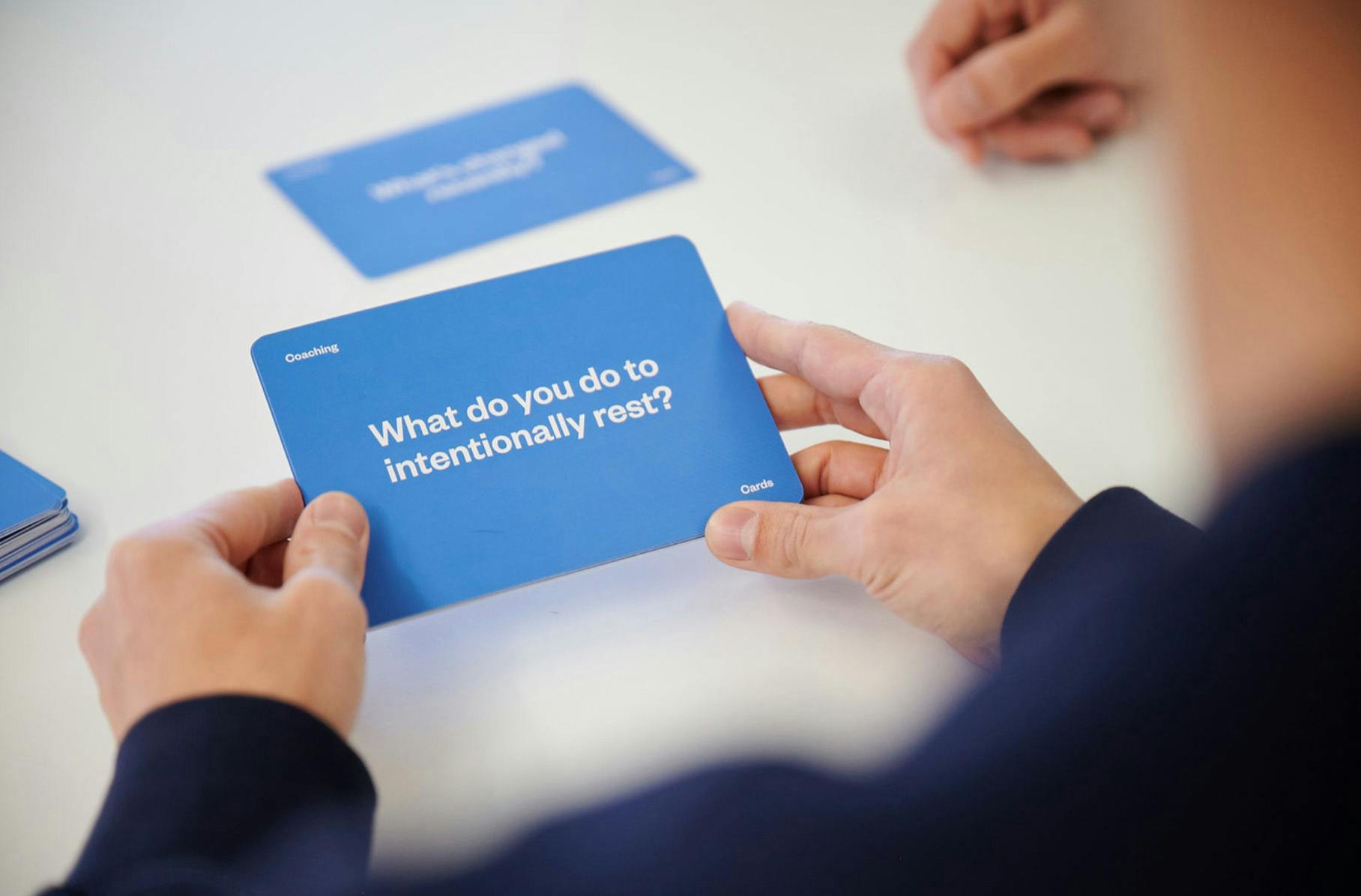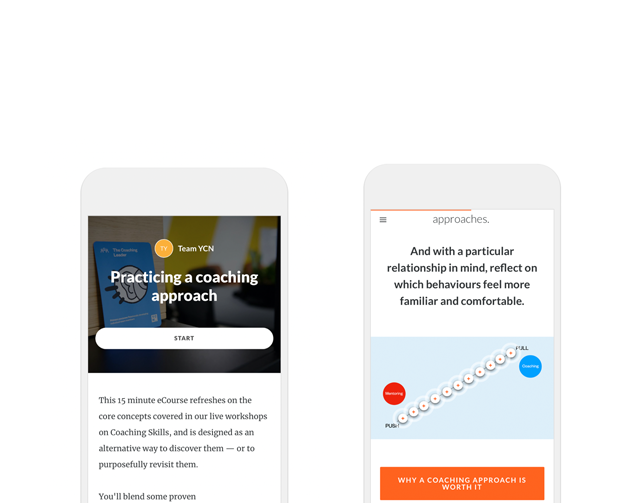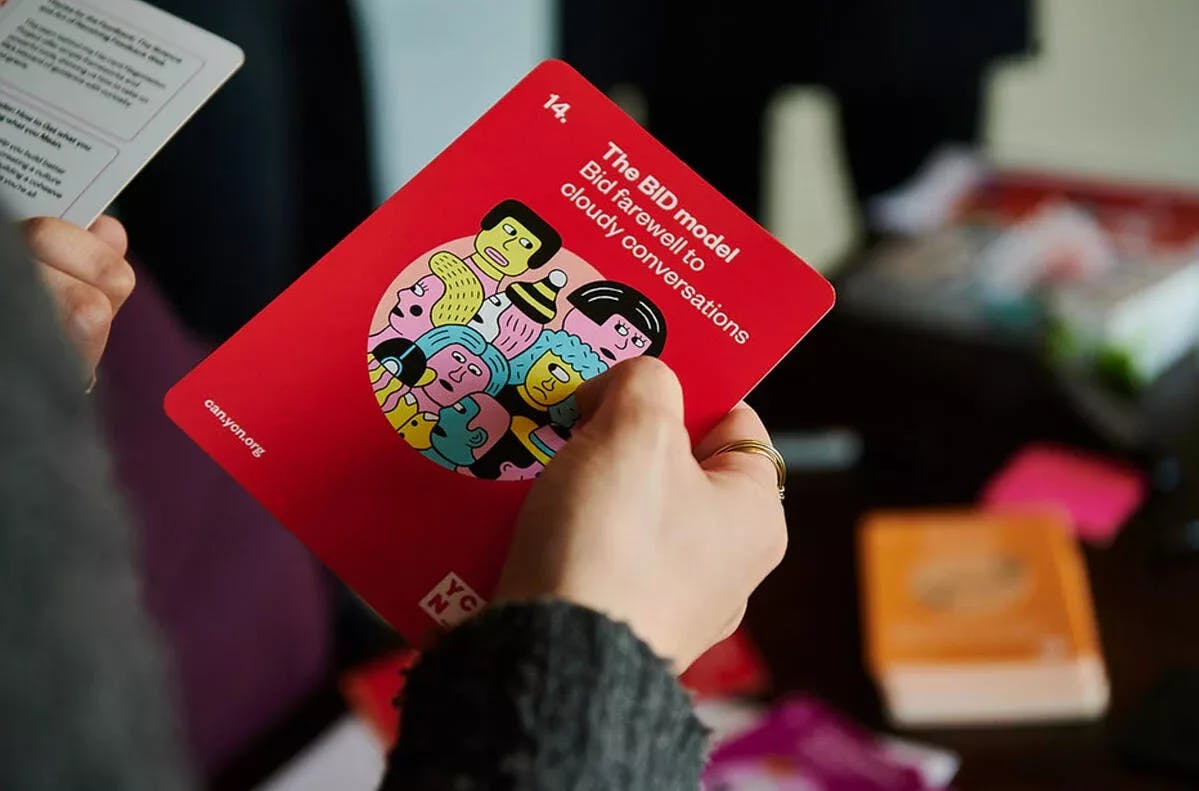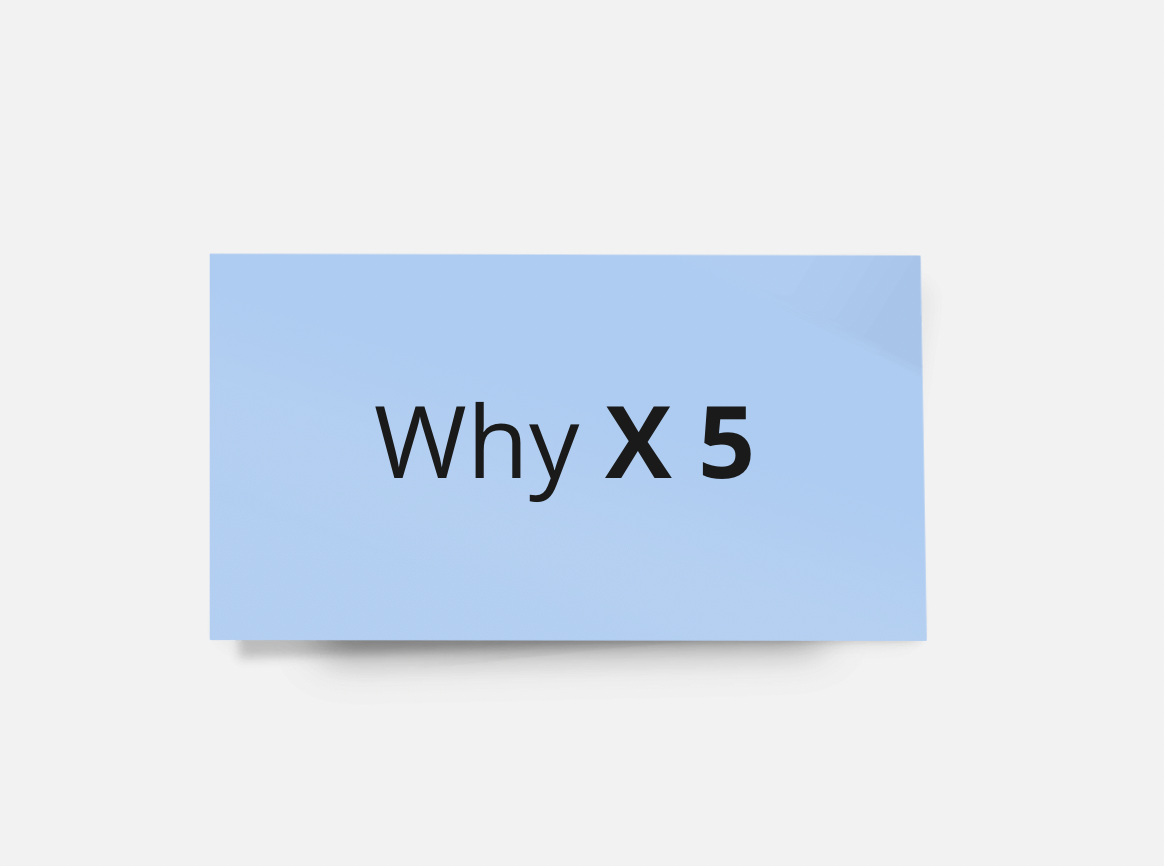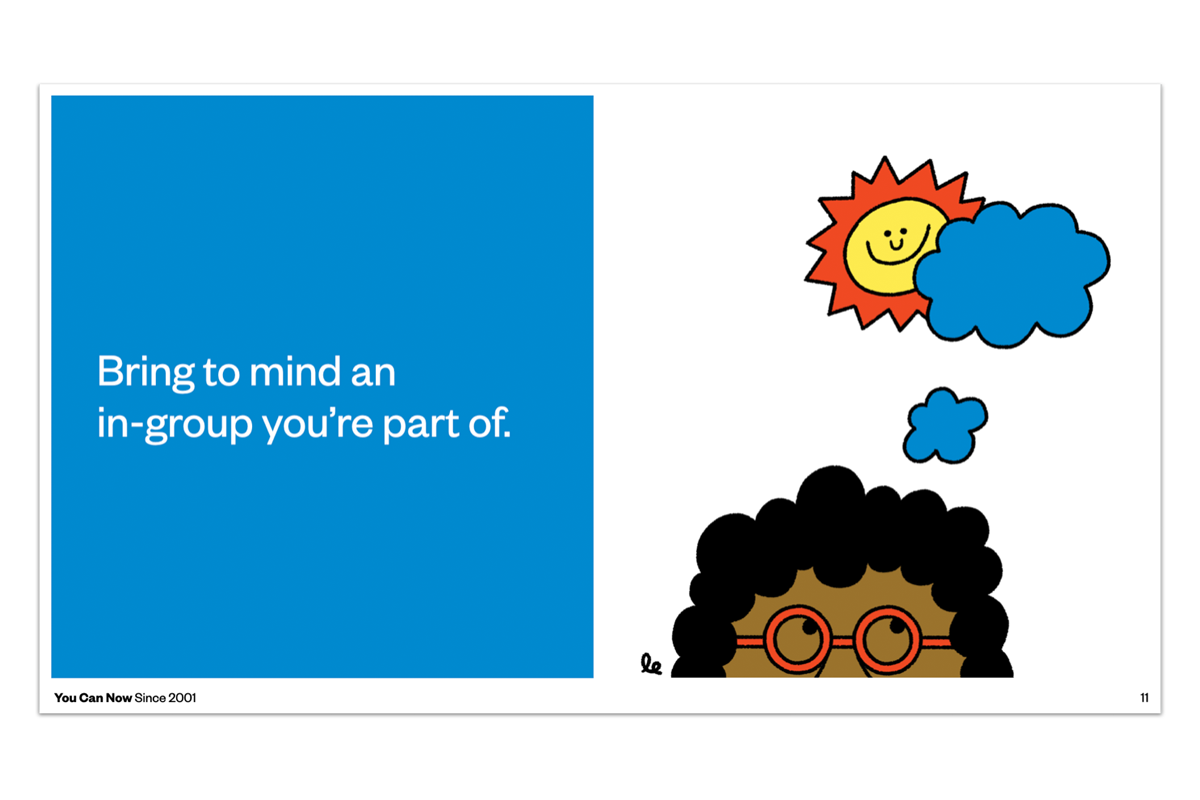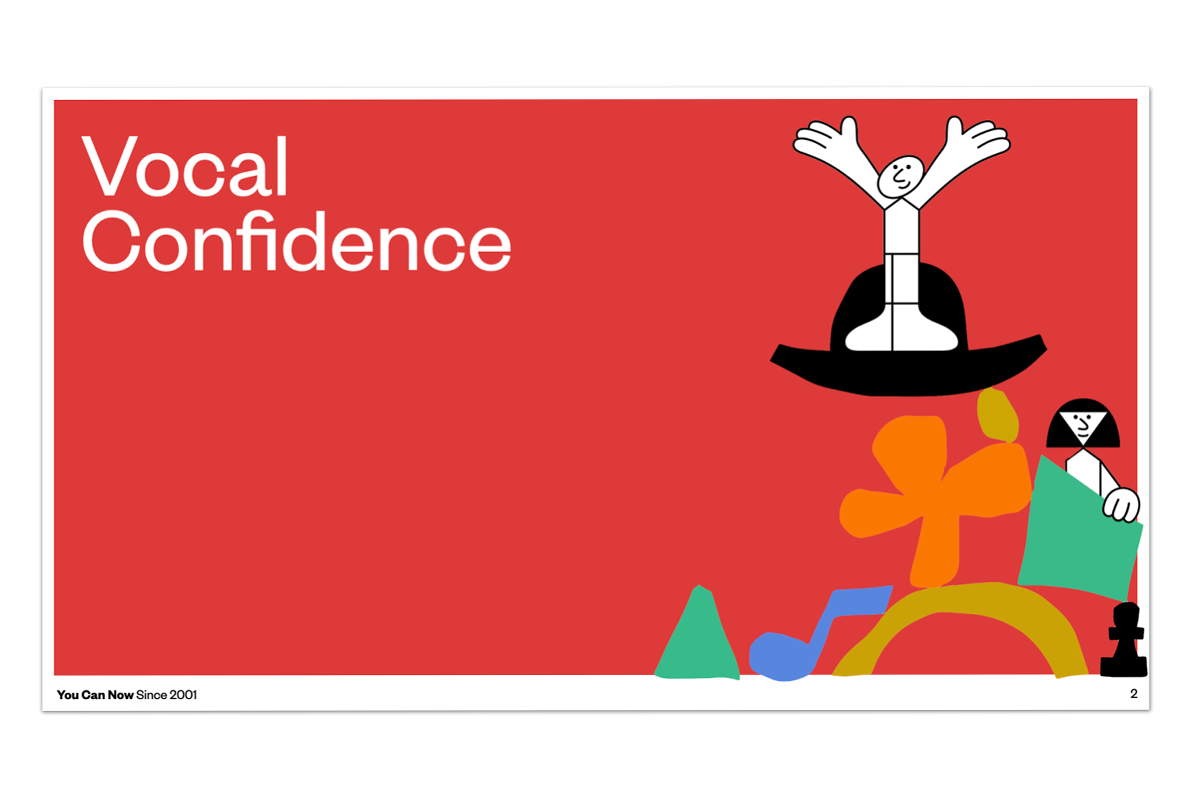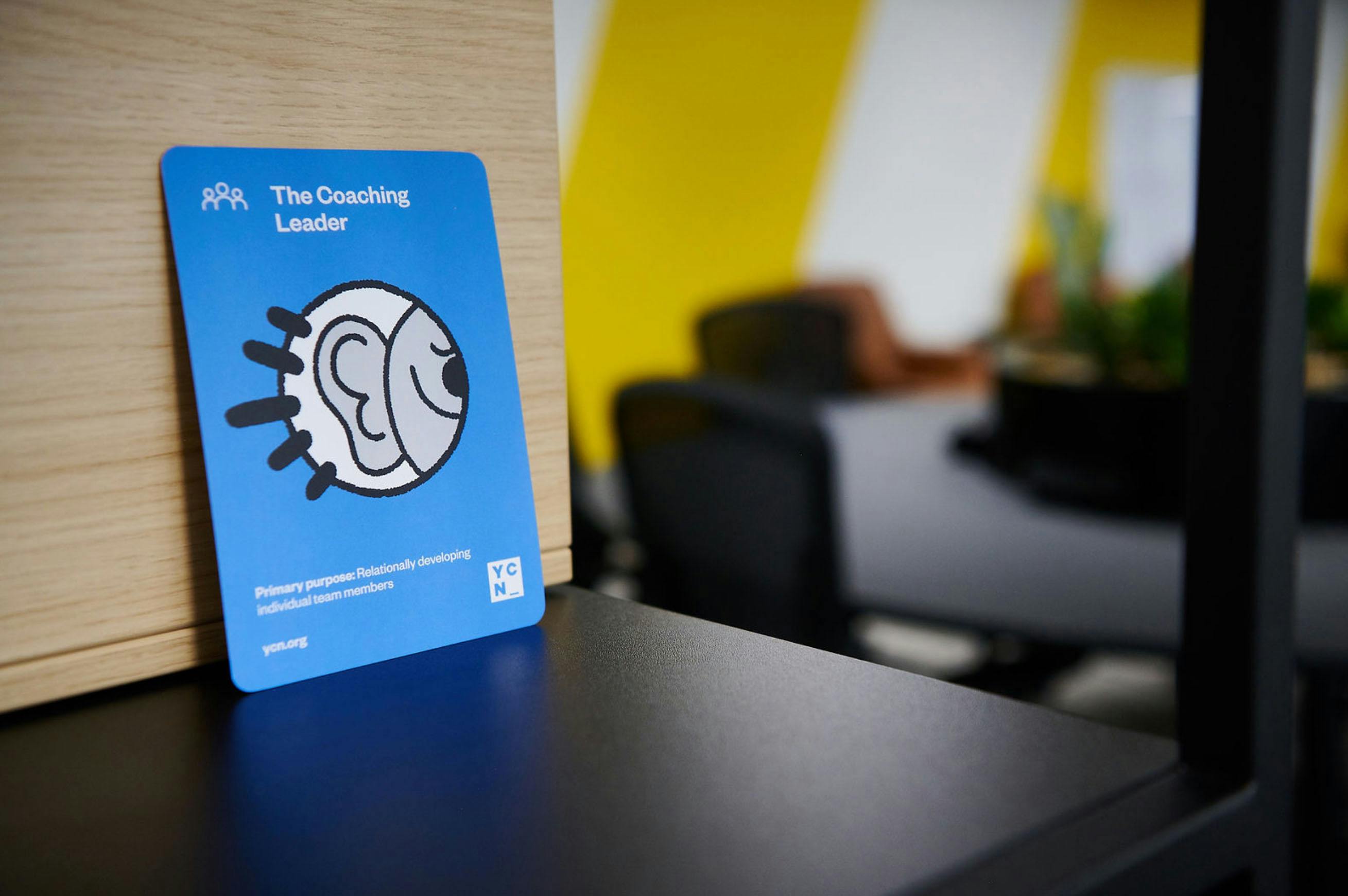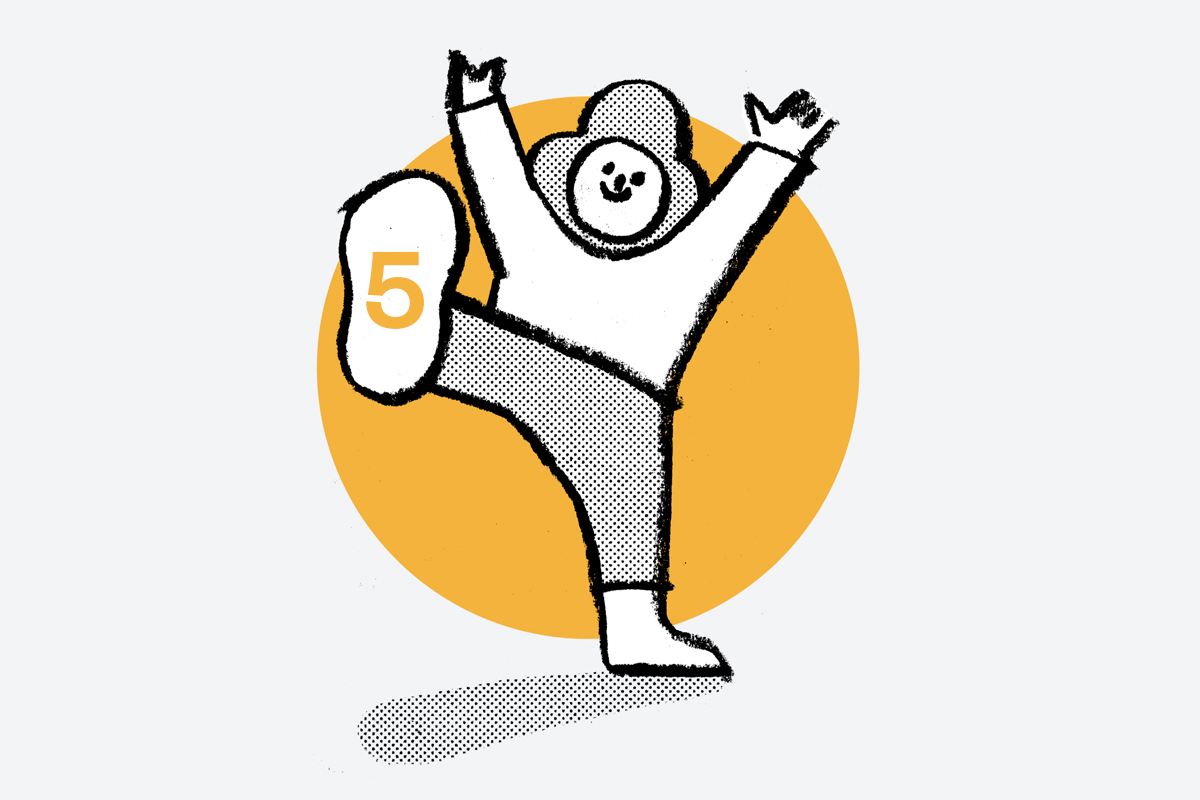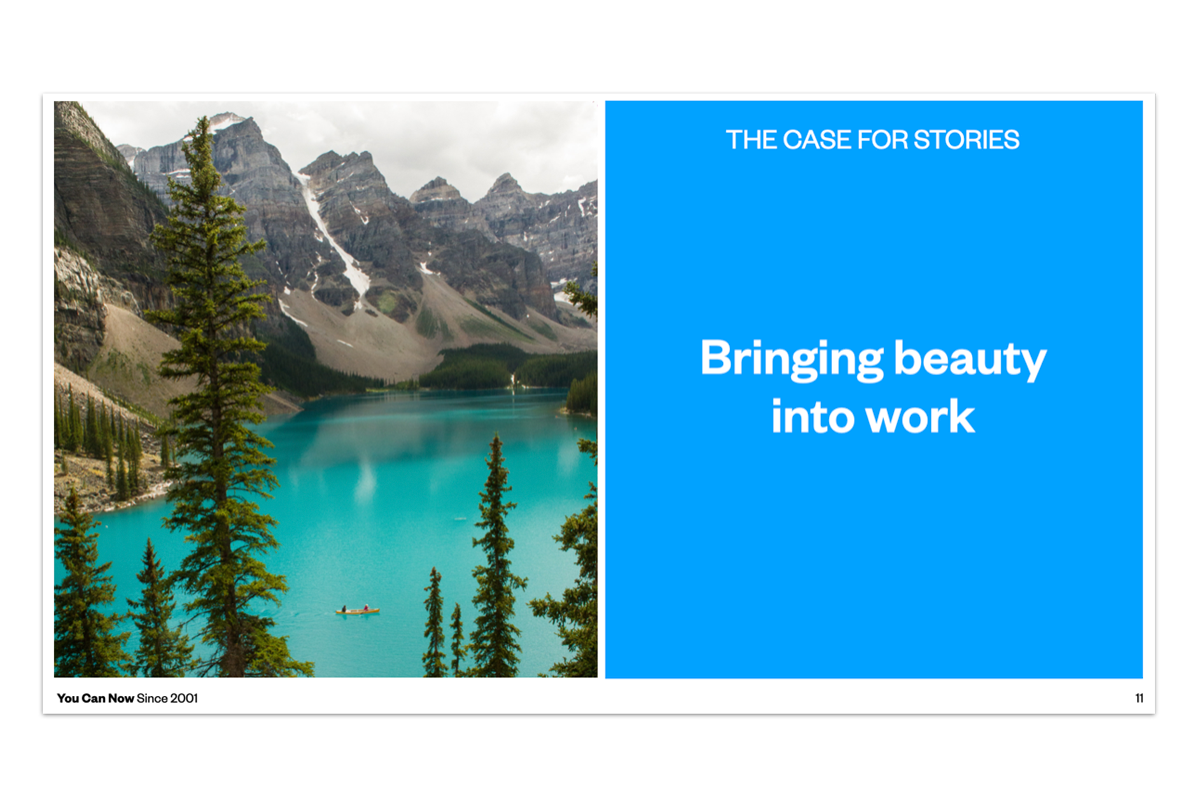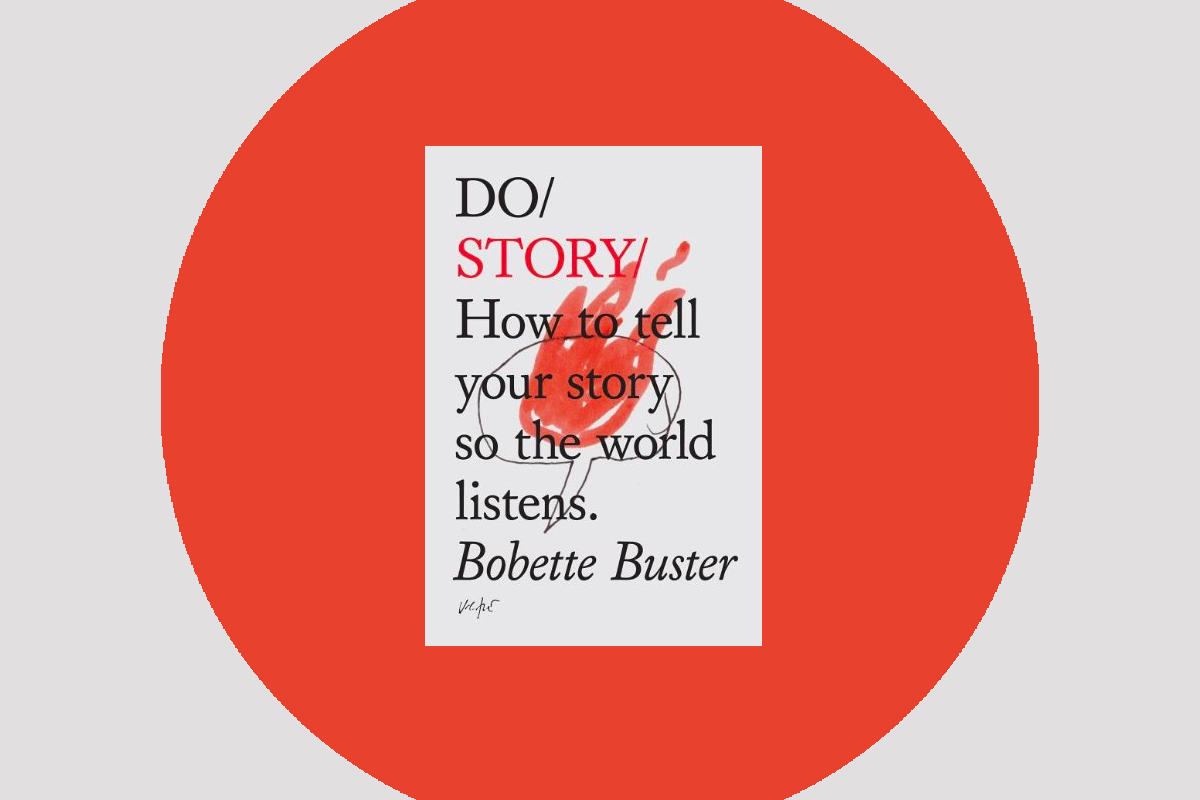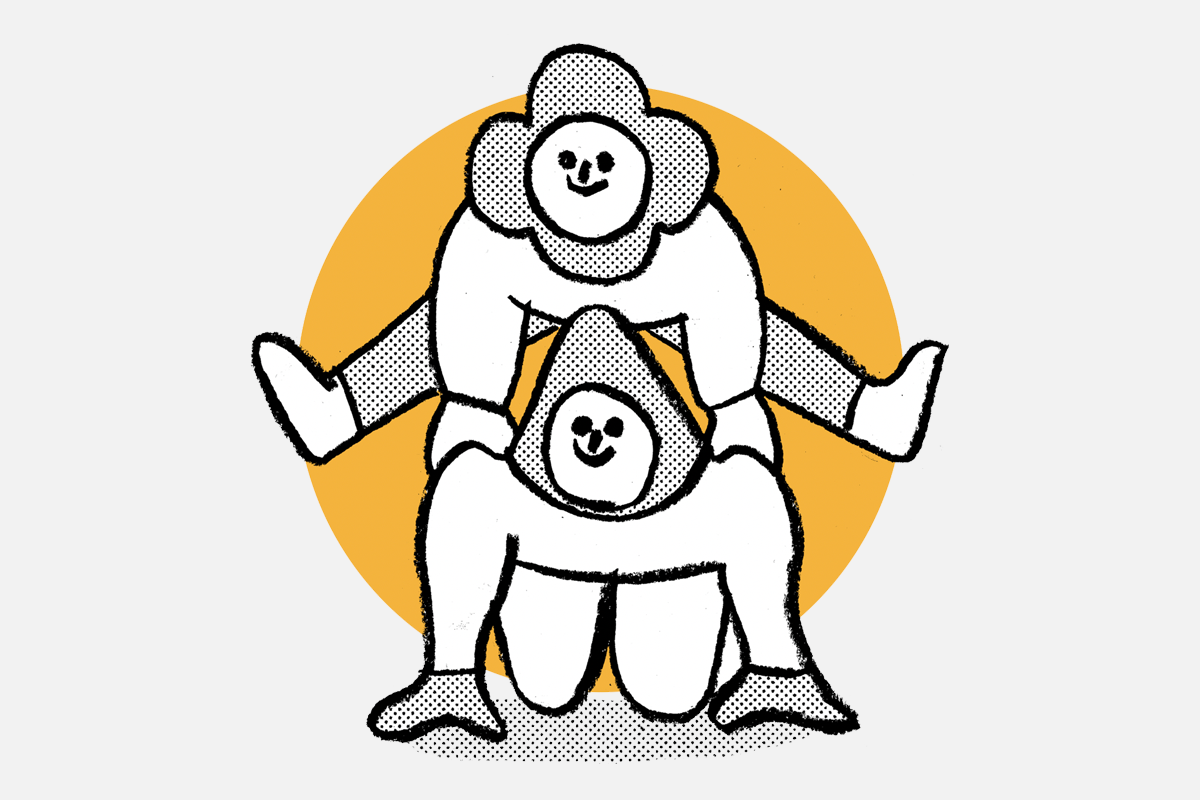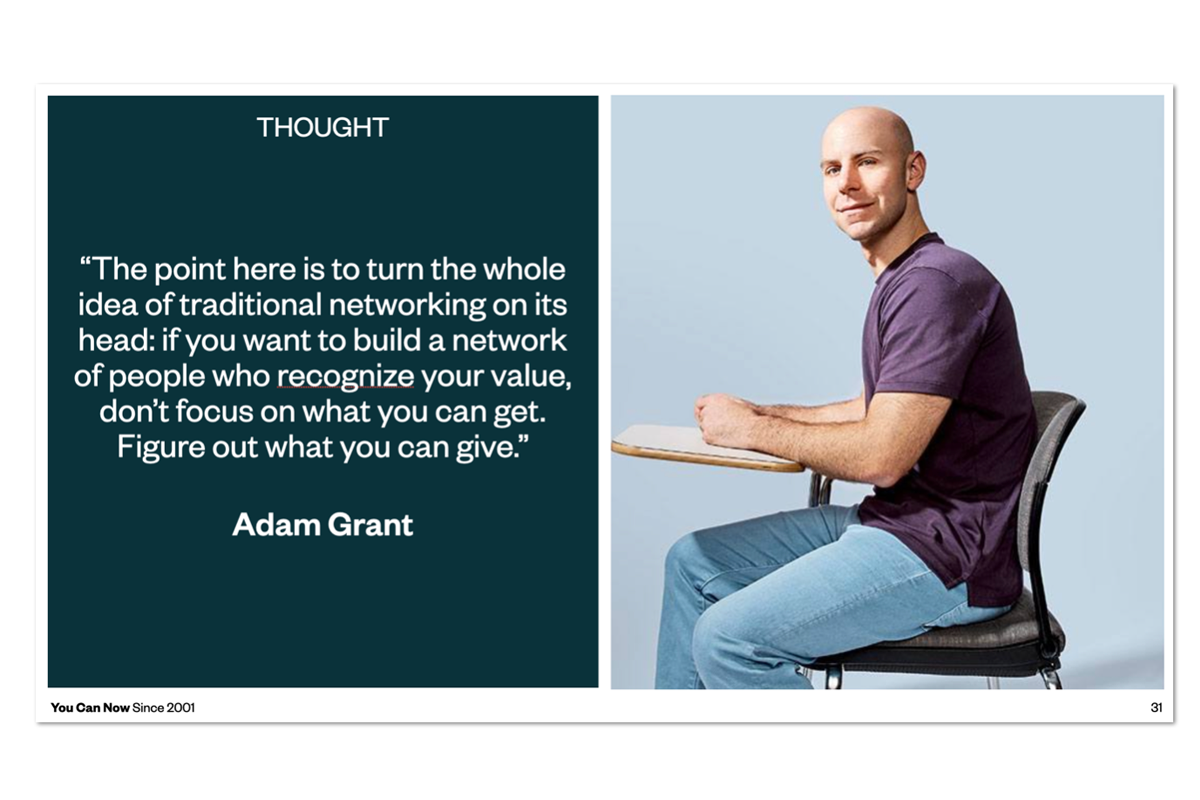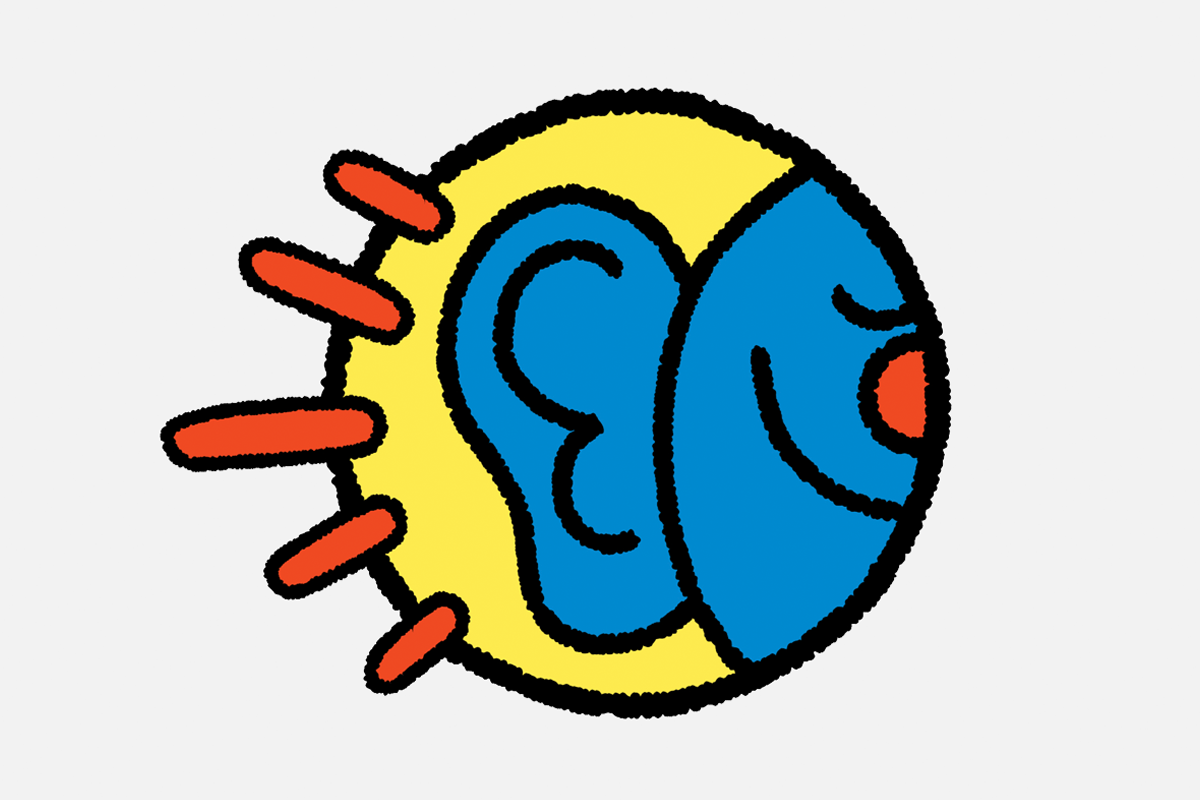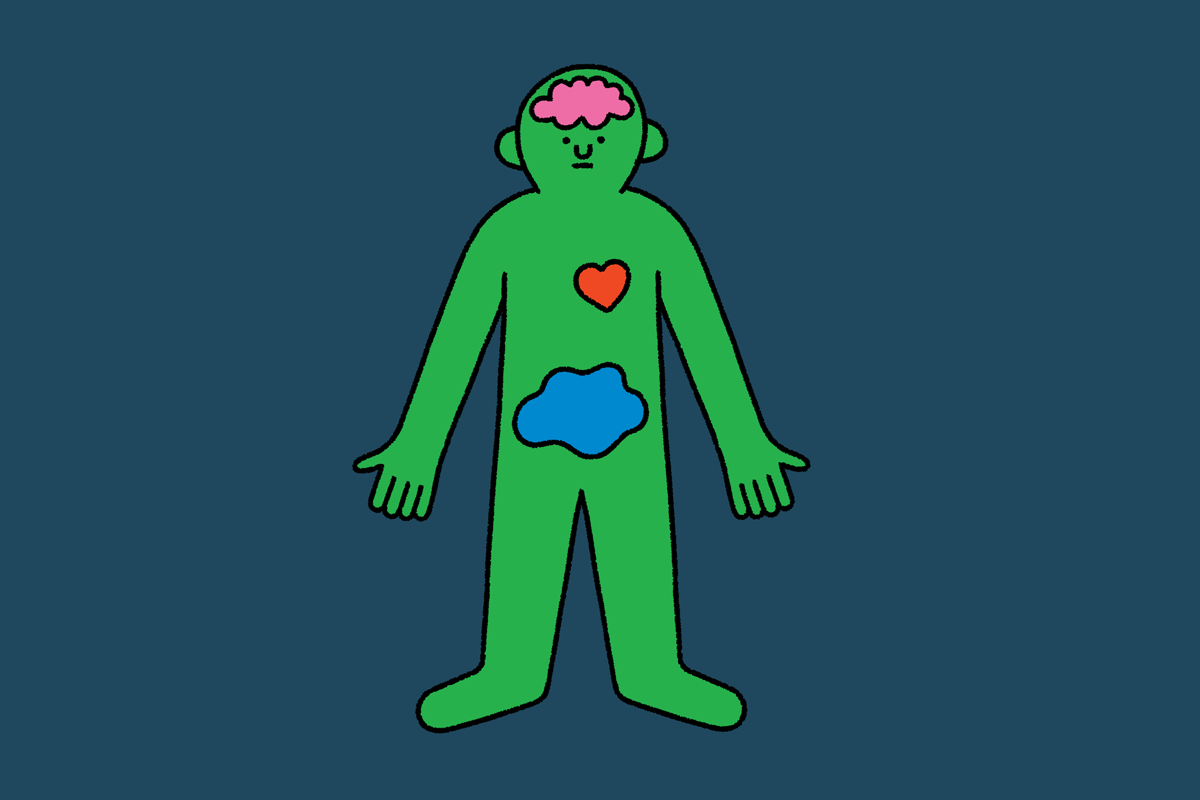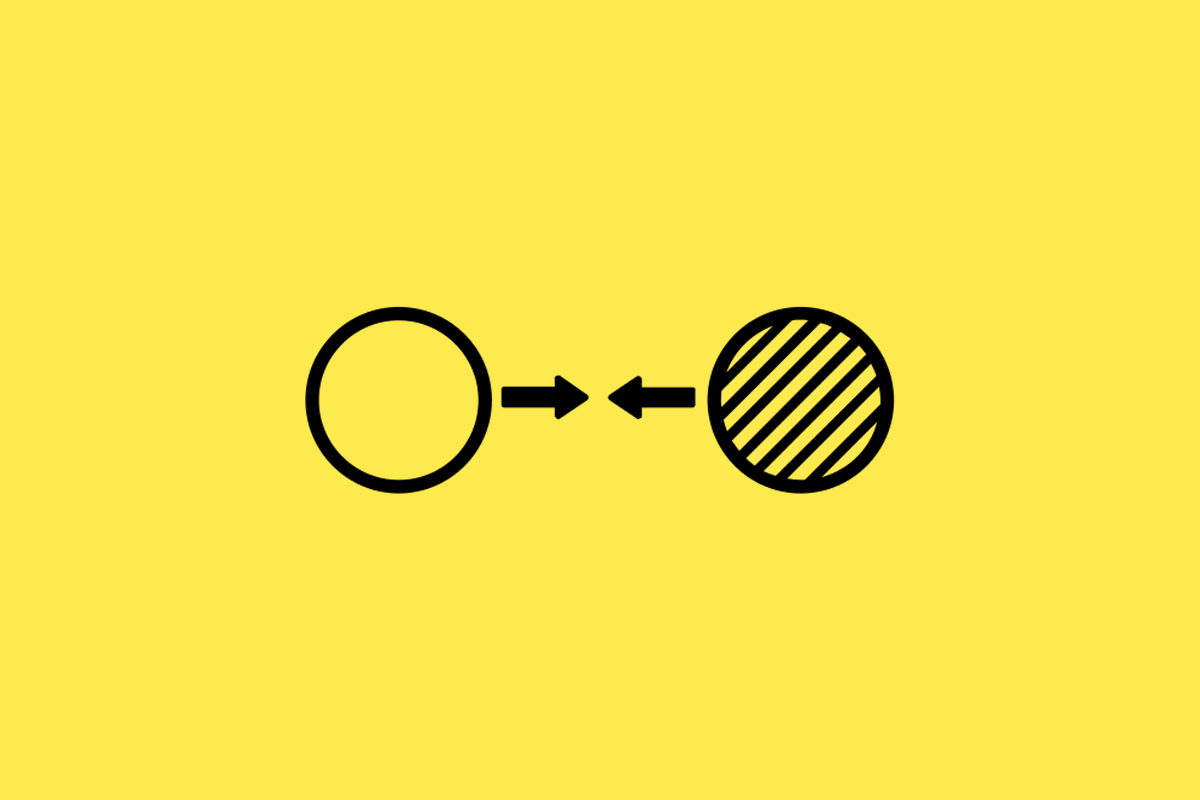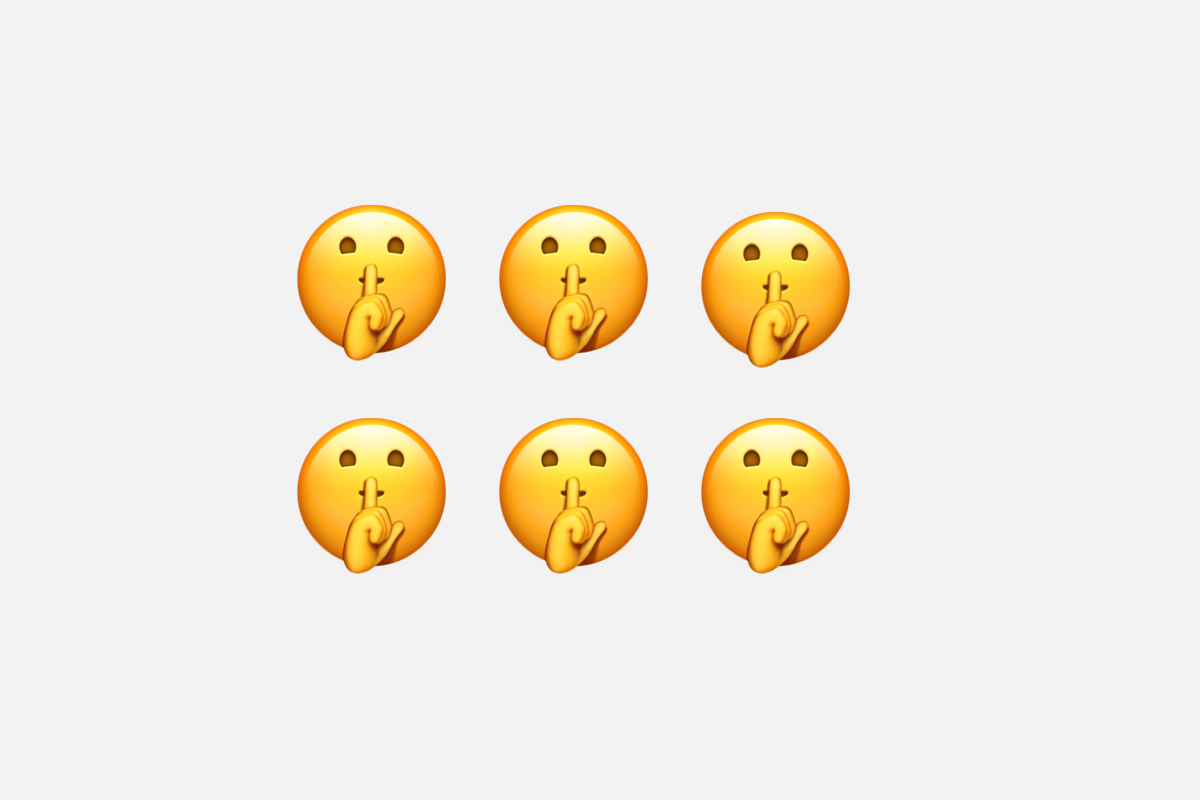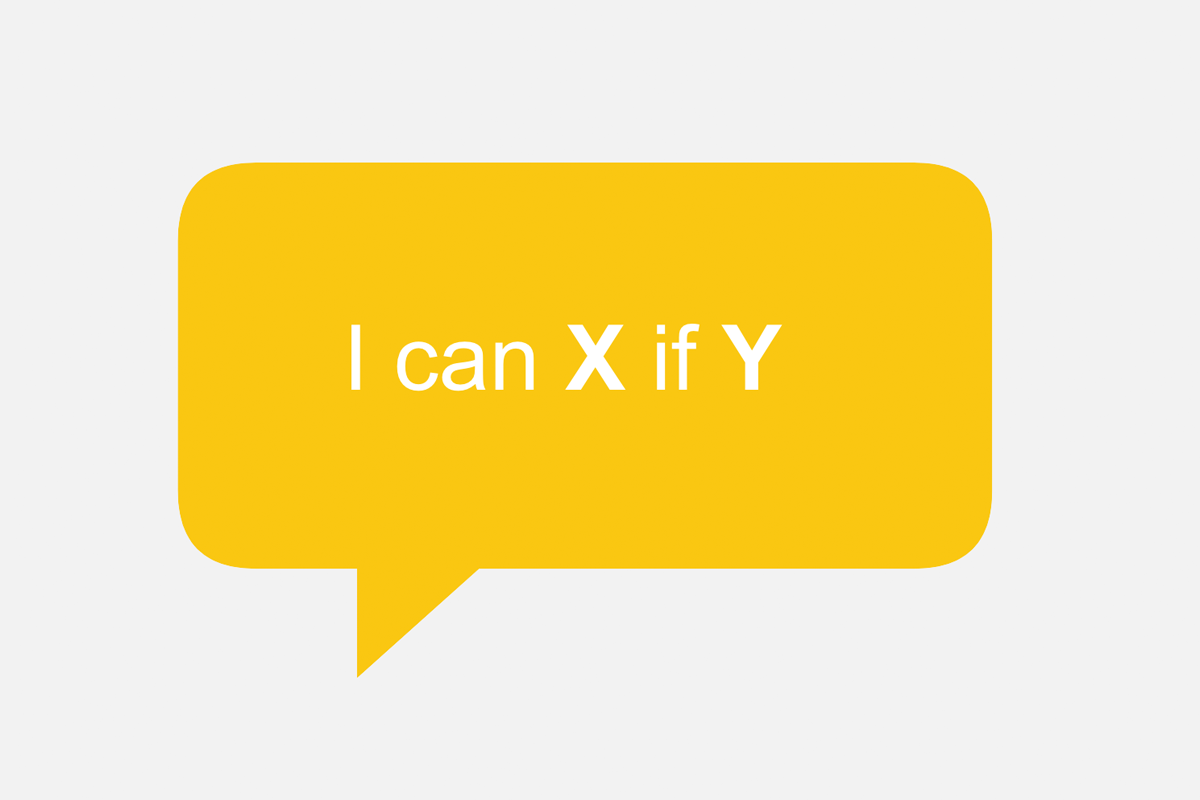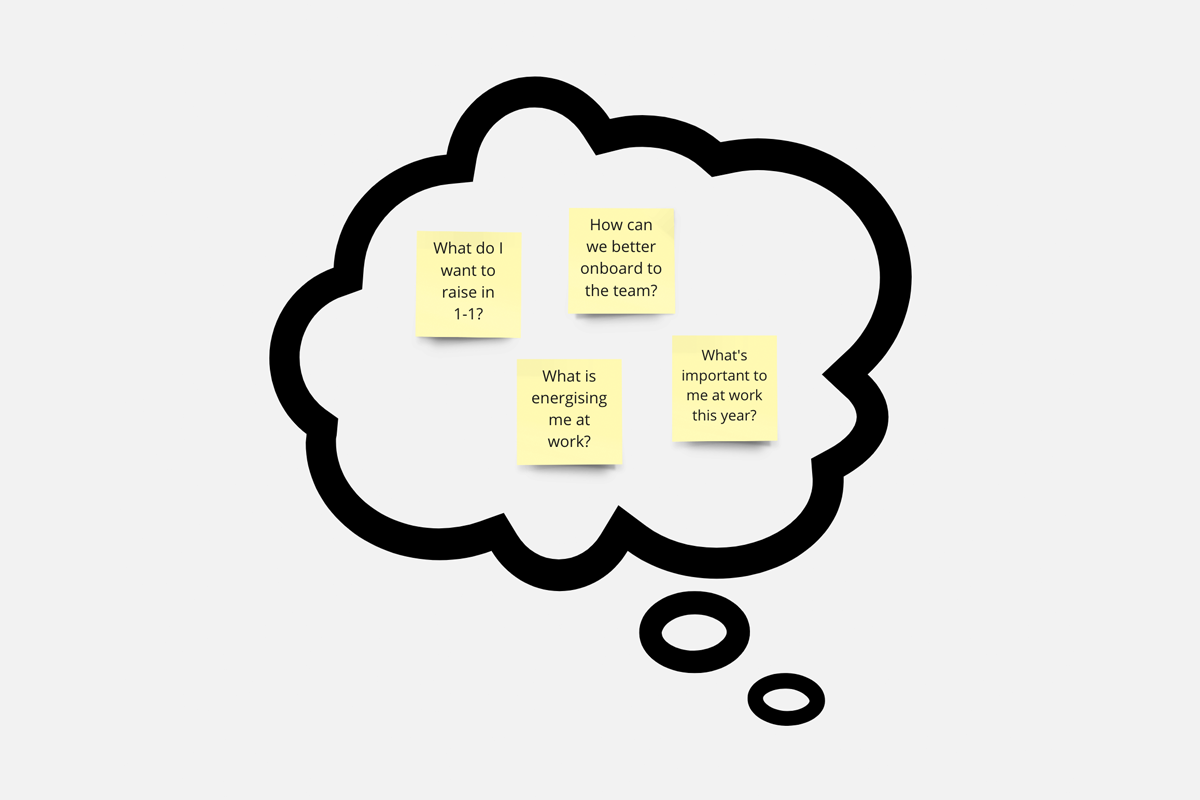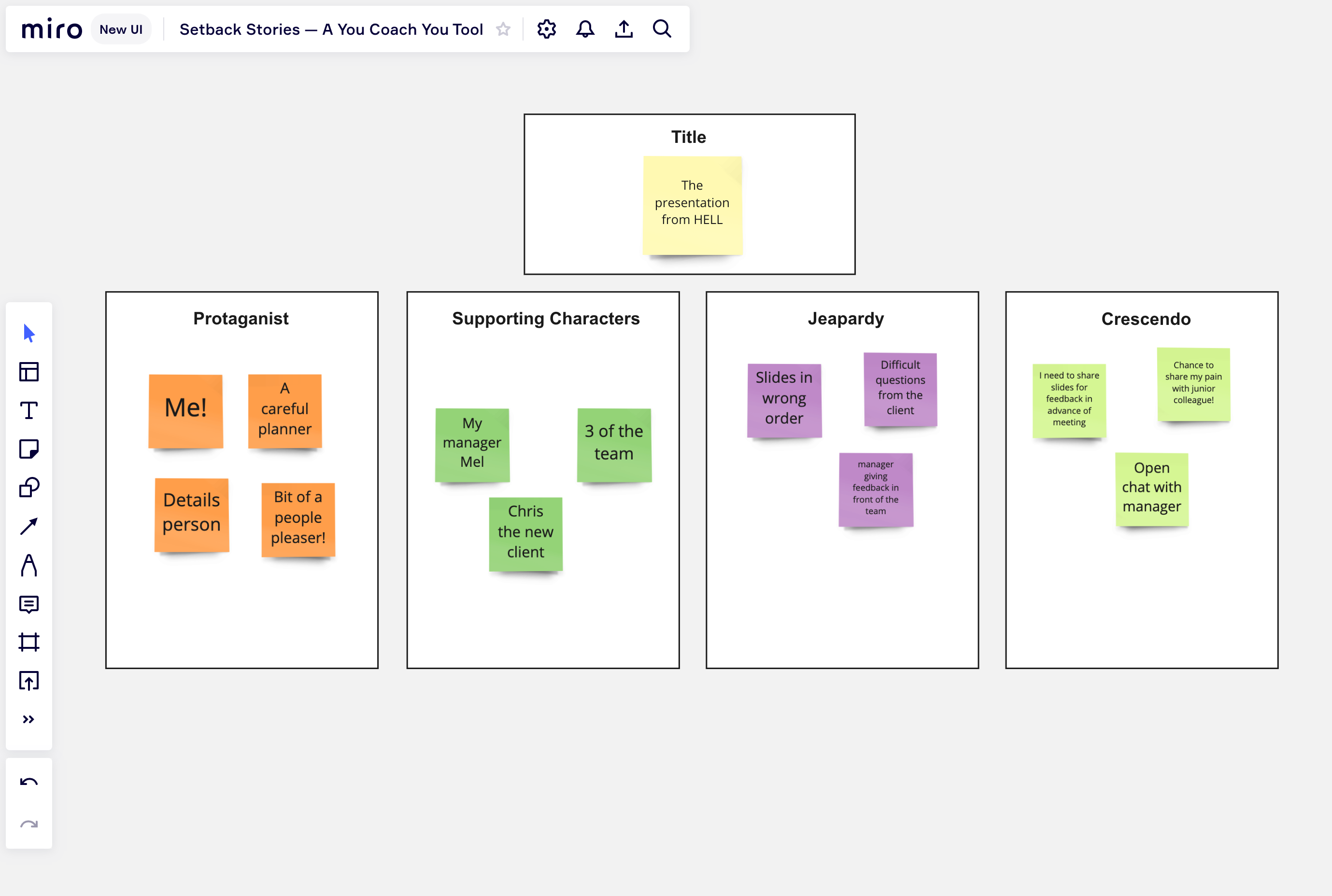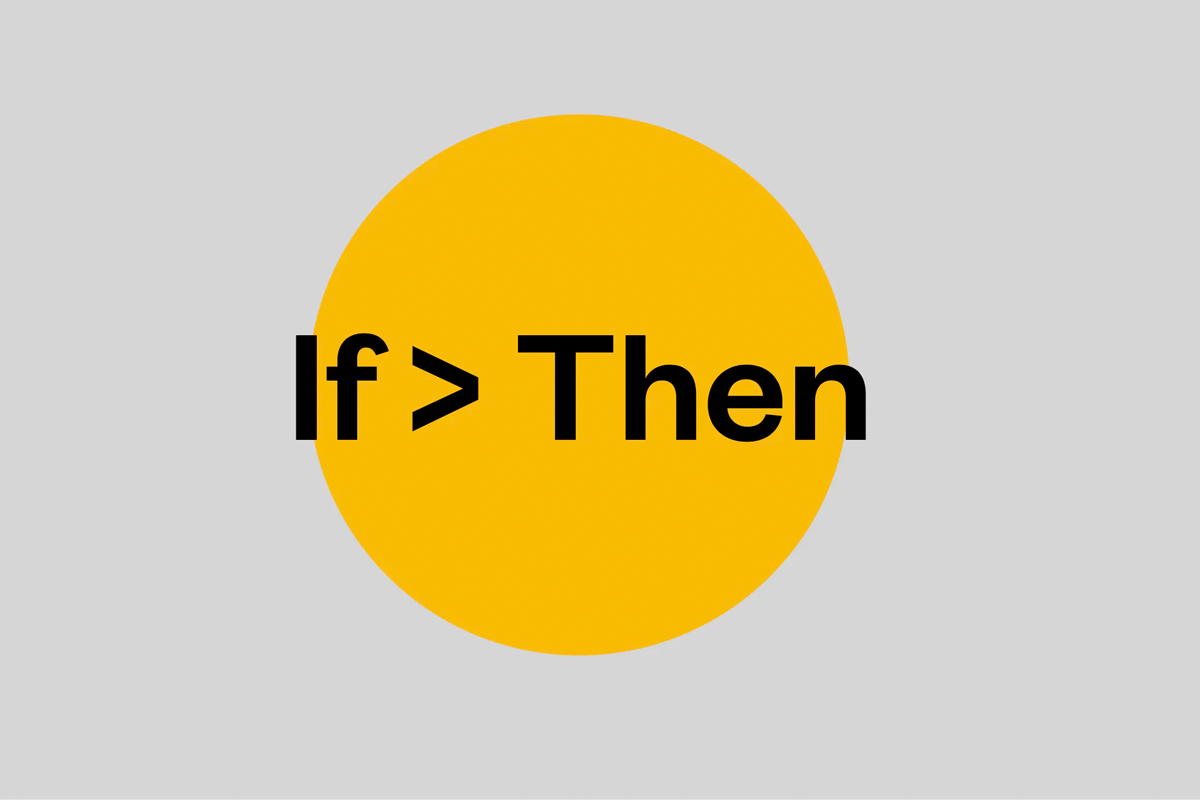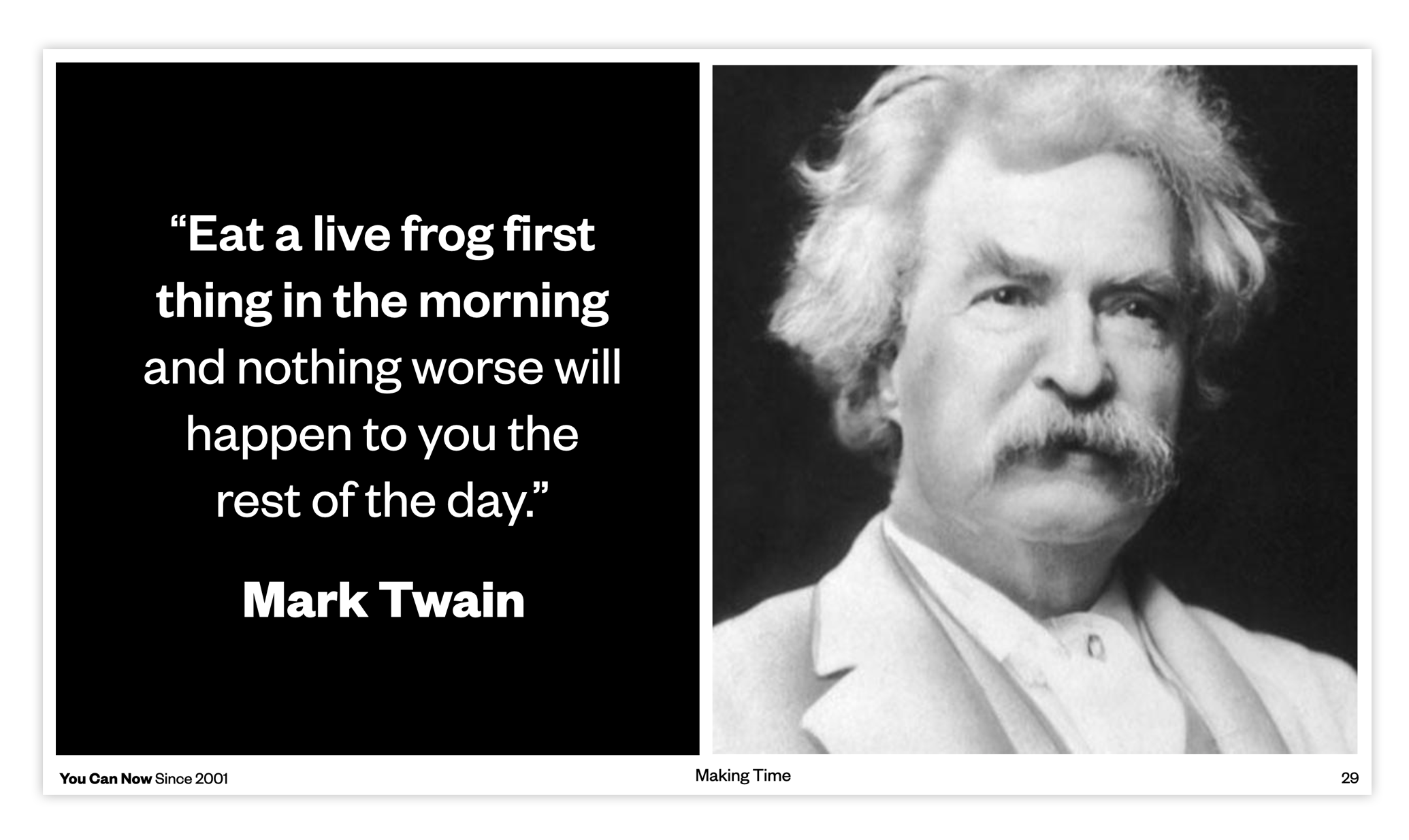For you, new and popular
Try out the CAR technique, and upgrade your understanding when interviewing someone.
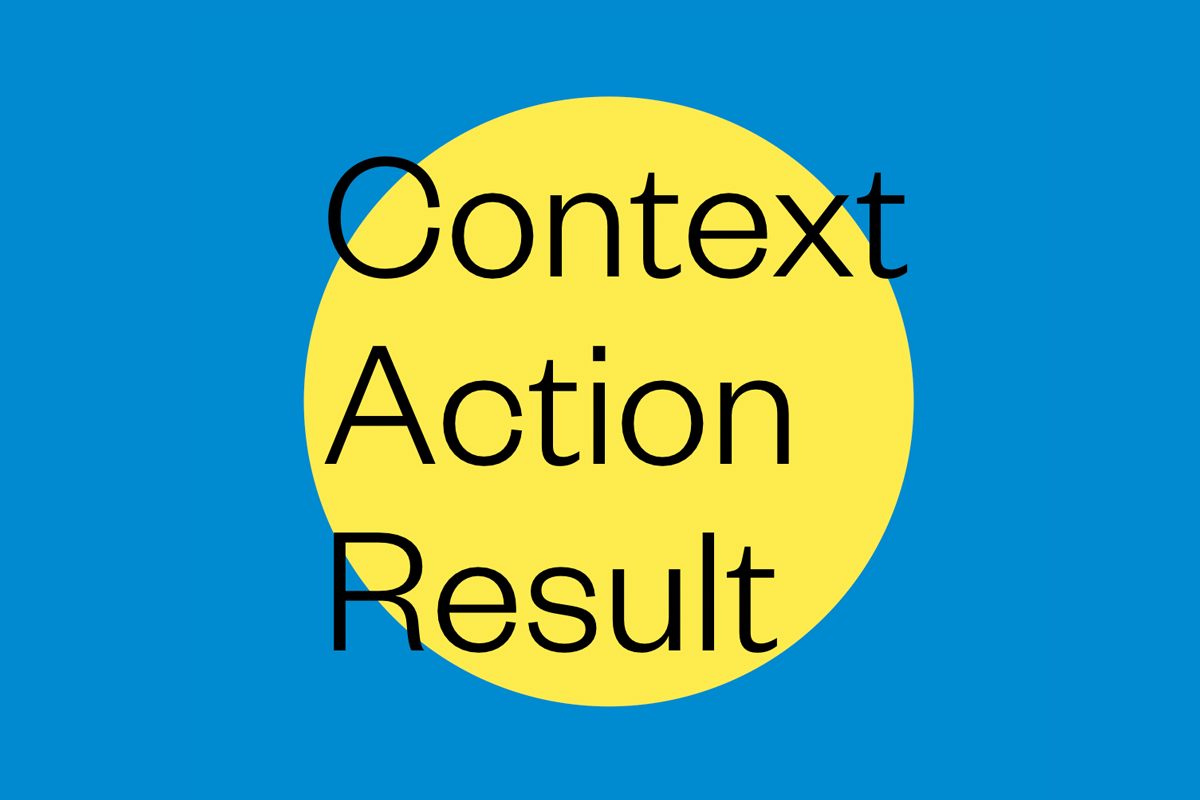
Test drive a new technique
The CAR technique — enabling candidates to describe a specific Context, a positive Action they took within it, and the consequent Result — is one often recommended to people preparing to be interviewed.
But for those doing the interviewing, it can also be helpful to have the framework in mind, as well as some prompts for each step to dig up helpful insights on past efforts and future suitability.
When you’ve put a question forward and are listening to the response, the ‘CAR cues’ below can be helpful to draw out useful information and reveal a fuller picture; giving the candidate a chance to tell a richer story of their involvement, and aiding your consideration on how they fit the role.
Let’s take a look at the CAR technique in action, with a fictional example to fire up your thinking on how to make it real.
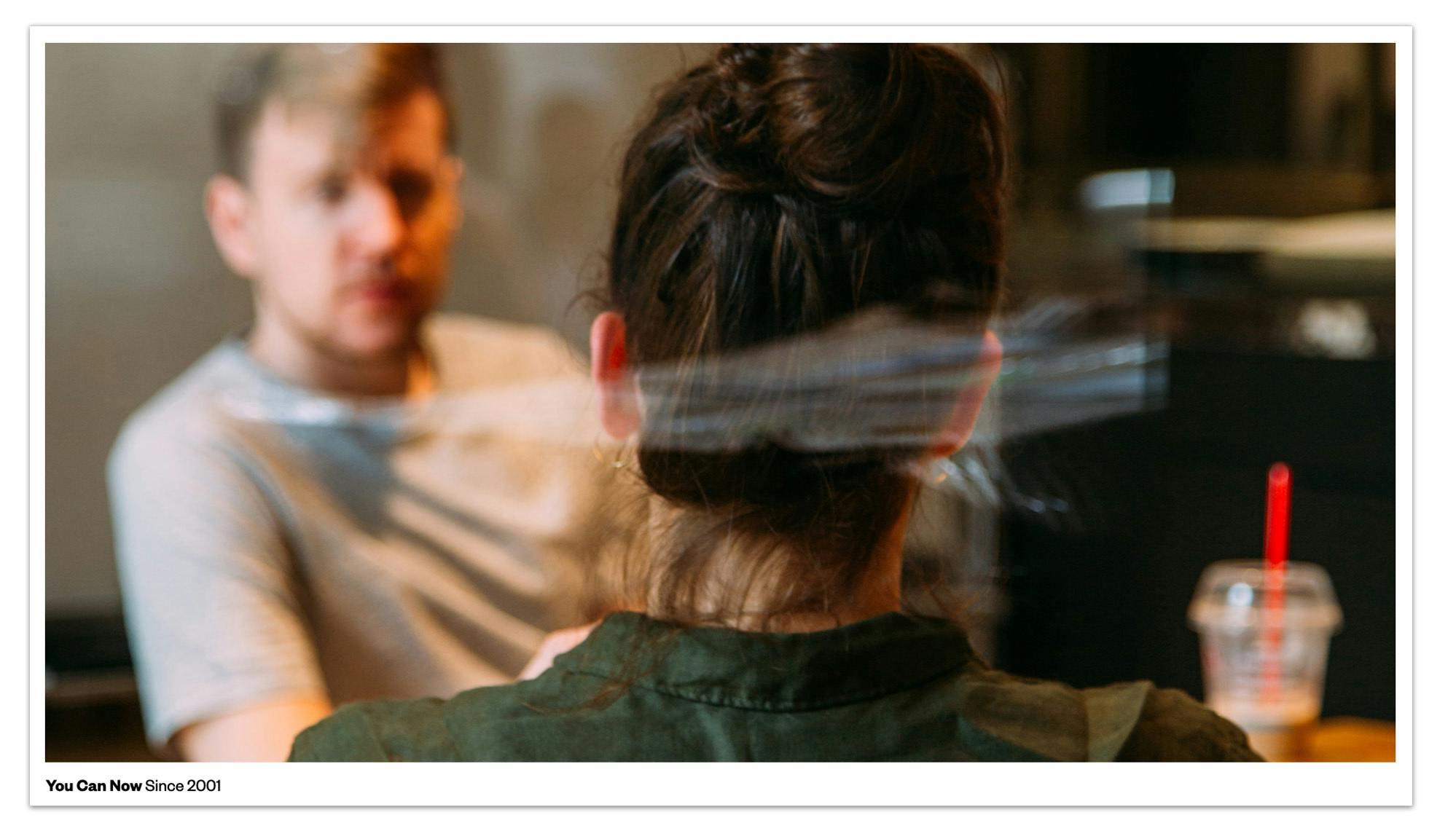
Start the CAR
Imagine you’re interviewing a candidate and you’ve asked them to give an example of a time in their last role that they had to share some difficult feedback with a colleague.
They responded confidently but were light on the detail, and there are gaps in your understanding that you'd like to fill.
By steering their attention towards Context, Action and Results you can intentionally encourage them to expand on their initial response.
Let's walk through the 3 steps together, focussed on the kinds of questions that would help to purposefully open up the conversation.
With the specific difficult conversation you've asked them to share in mind, how can you get them to dig a little deeper into the specific Context?
These kinds of questions could be helpful:
• Why did the feedback need to be shared?
• What was your relationship with the person you were feeding back to?
• What other feedback had you most recently shared with them?
Now that the Context is clearer, the middle part of the model helps us to learn more about the Actions that were taken. So, with our feedback example in mind, what did they actually do?
Helpful questions could include:
• Did you use any particular model to share the feedback?
• Where were you when you gave them the feedback?
• How did they react?
The final step in the CAR model ensures there's reflection around outcome. And the Result is something that can be articulated and learned from.
For our feedback example, we might ask questions like:
• What changed as a result of sharing the feedback?
• What did you learn?
• What do you feel you could have done differently?
Simple steps, richer learning
Perhaps the biggest selling point of the CAR model (which explains its popularity with interviewers and interviewees alike) is its simplicity.
By keeping each step — Context > Action > Result — in mind, both when planning interview questions and when hearing responses to them, you can ensure you're giving candidates the best possible chance to share what's most relevant to assess their suitability.
Now...
Scan back over the question prompts above. Take a minute to reflect on how you could have better used such questions the last time you interviewed someone. What will be most important to keep in mind next time?

Three related resources, well worth your time...
Here's a growing list of curious questions, often referenced in training workshops on topics like coaching, leadership and having effective 1-1s. They're gathered from a range of sources, and are yours to scan and try out in all kinds of conversations.
How helpful was this resource for you? And what would have increased that score by one? This is known as a 'Scaling Question' and you can learn more about how to use them here.
Good questions deserve good listening skills! Sharpen yours in 15 minutes with this punchy Are You Listening? eCourse.






